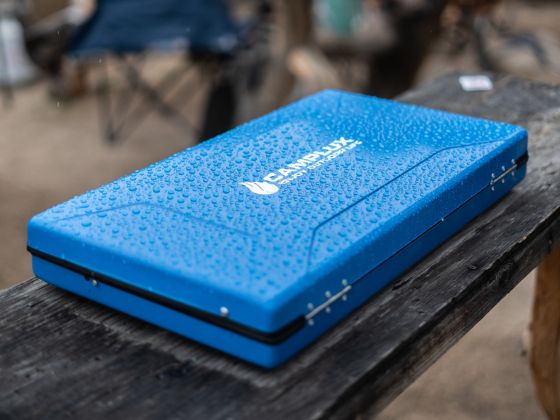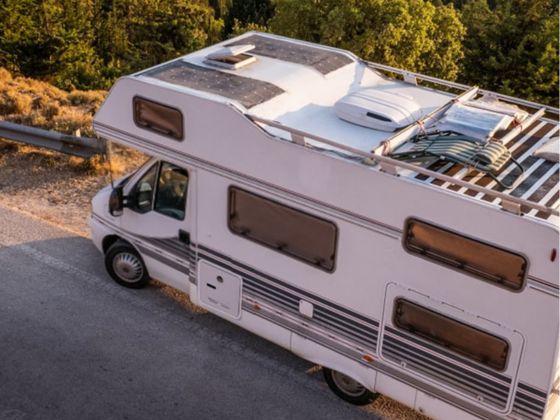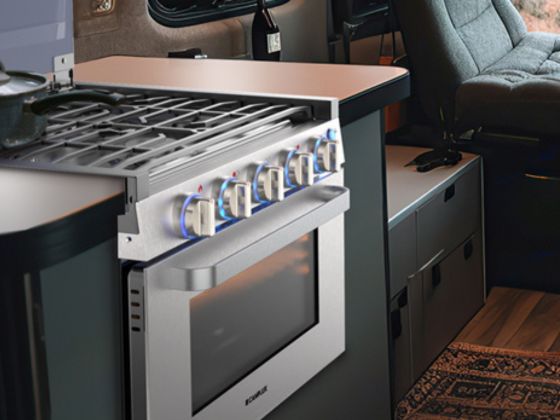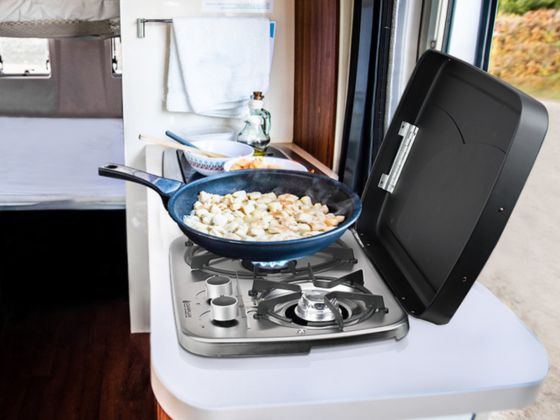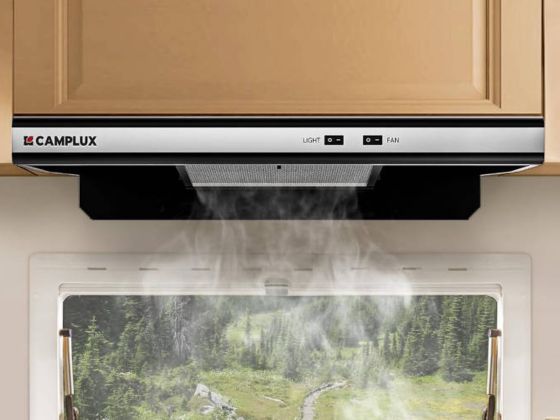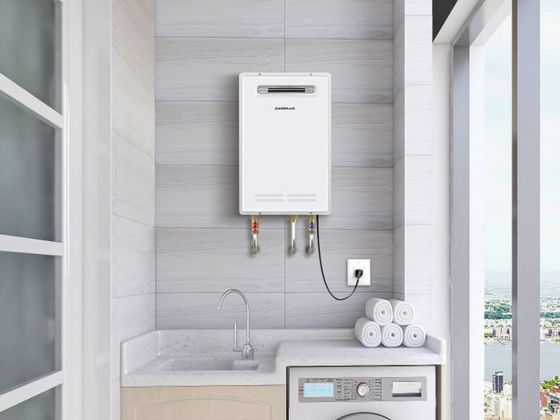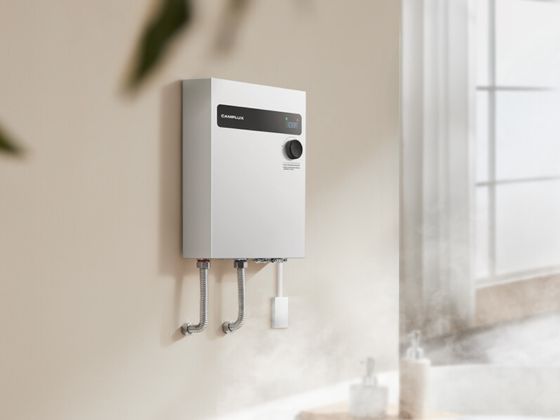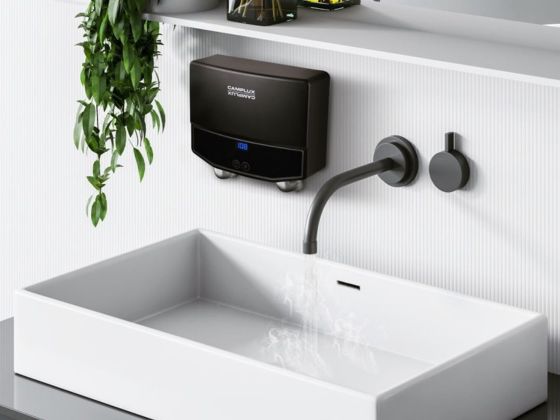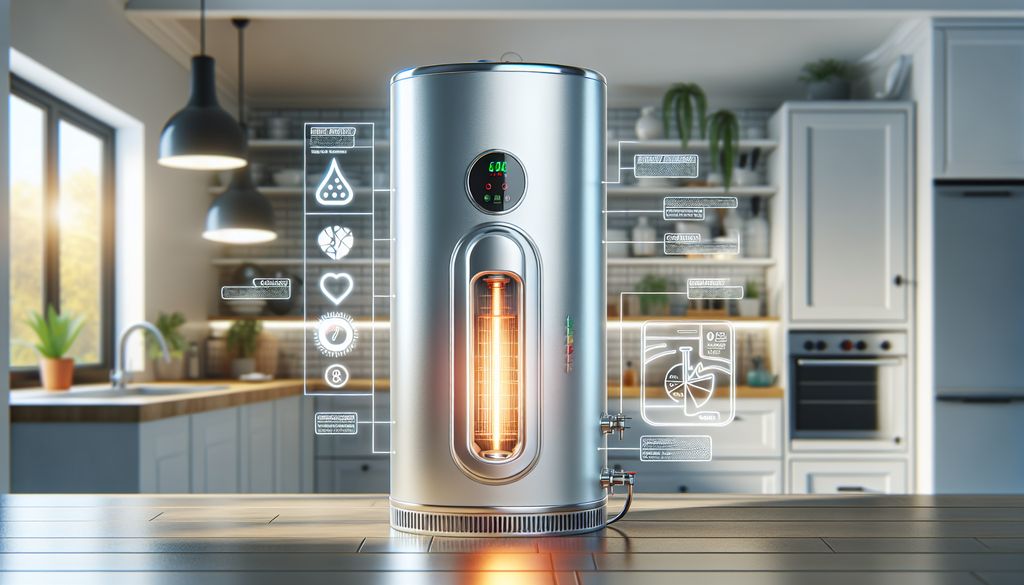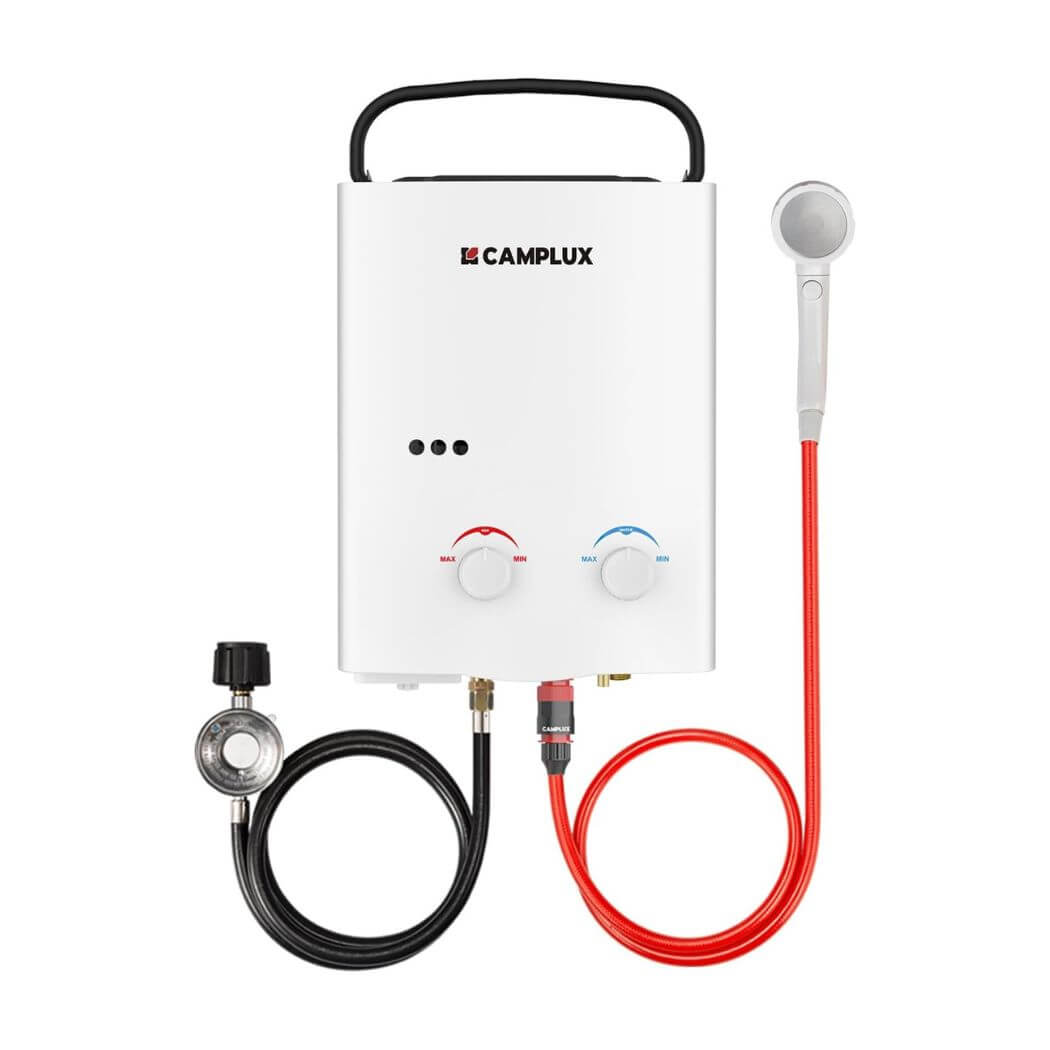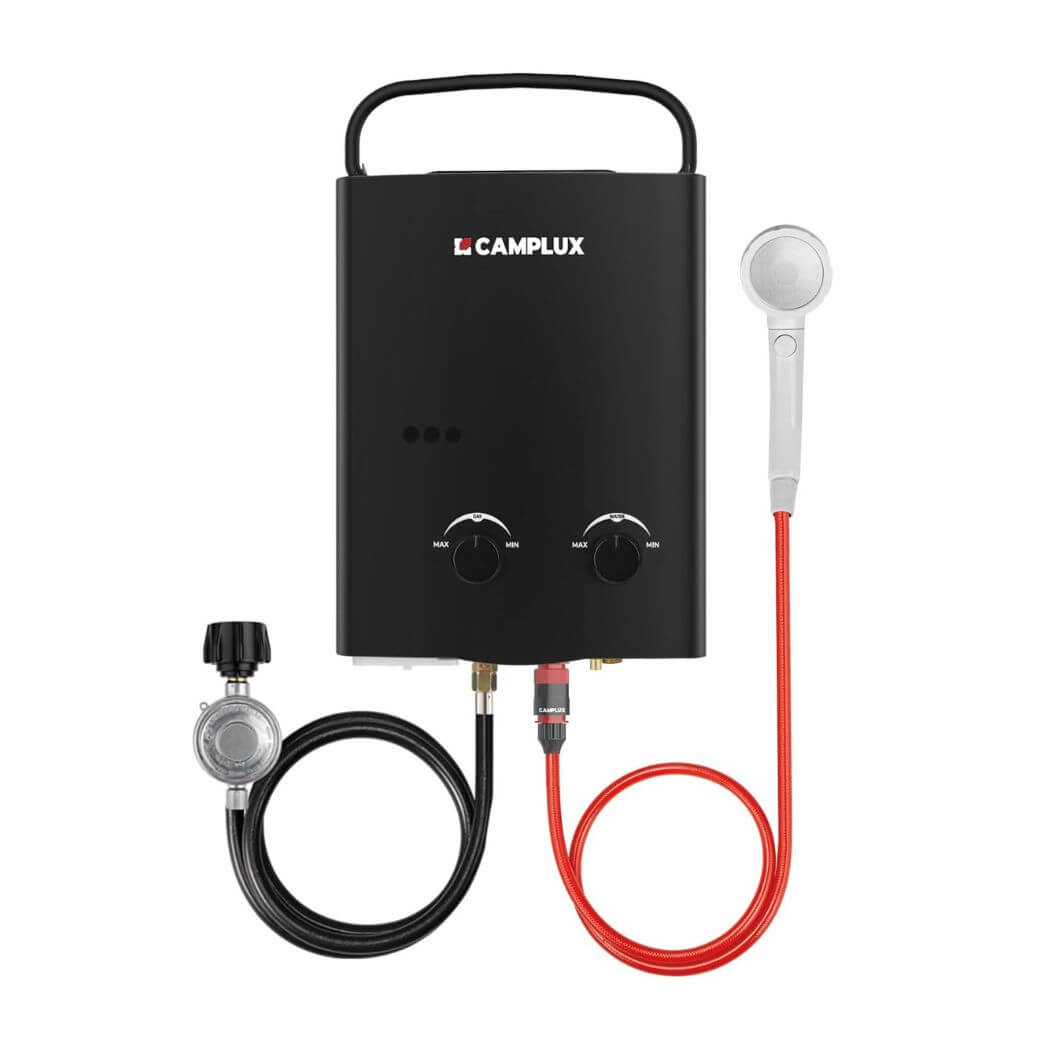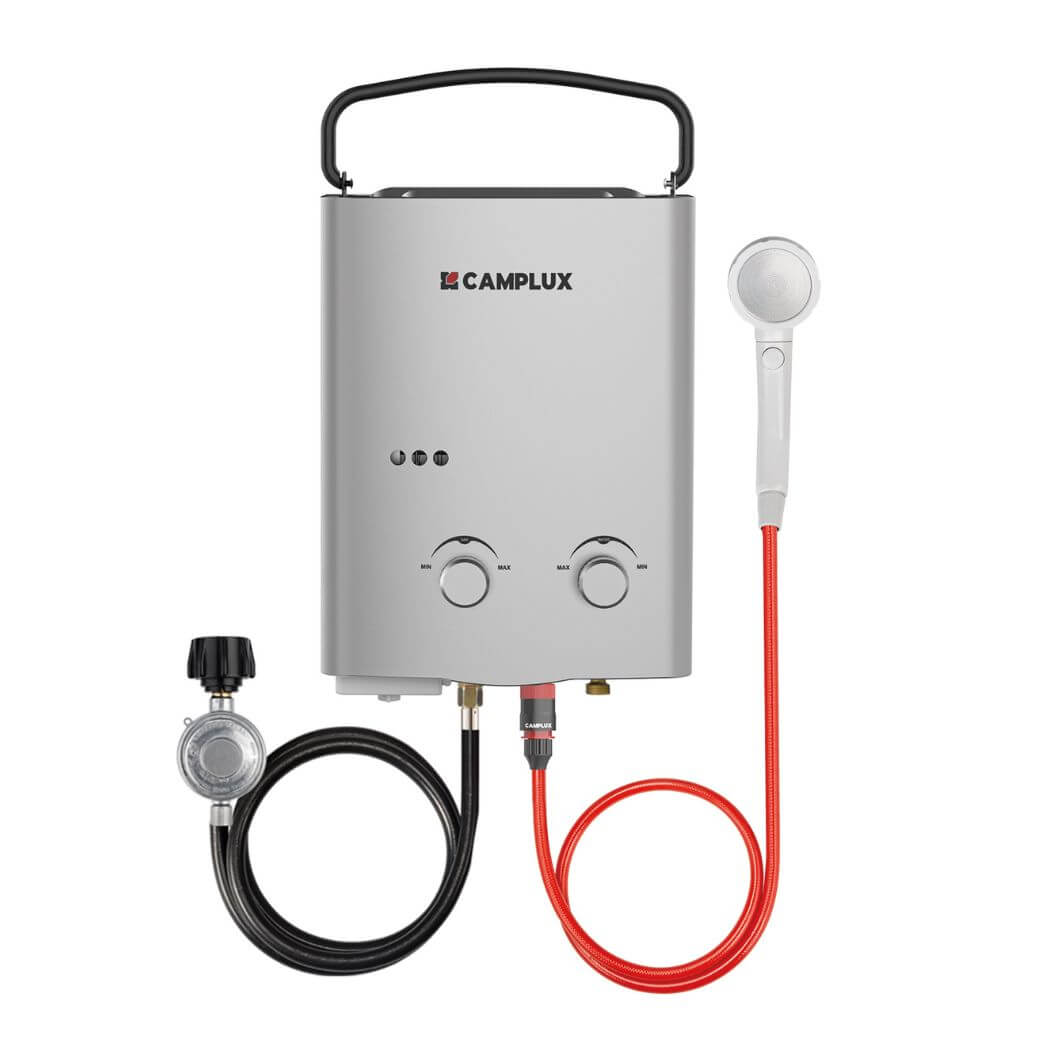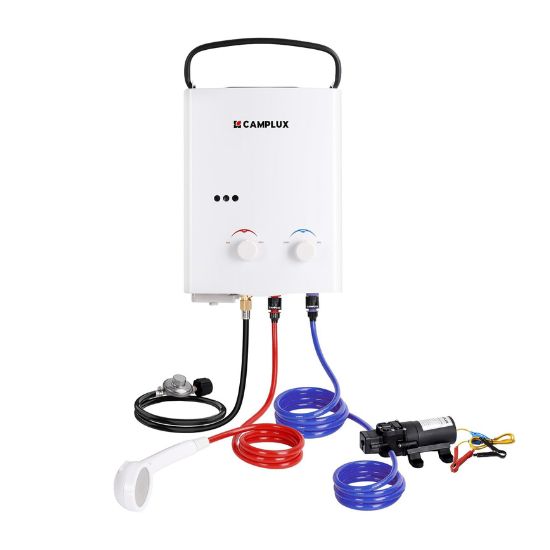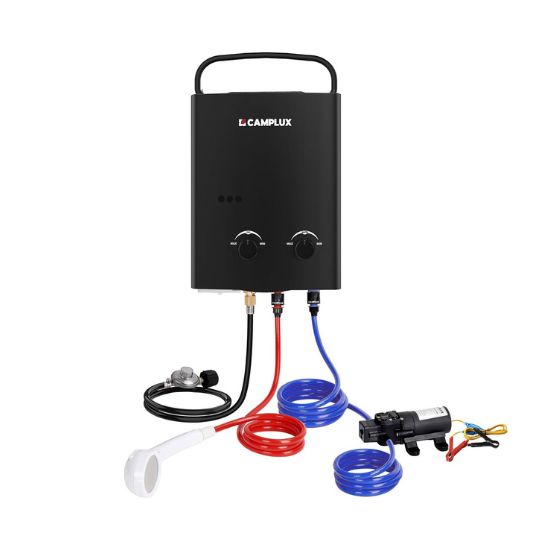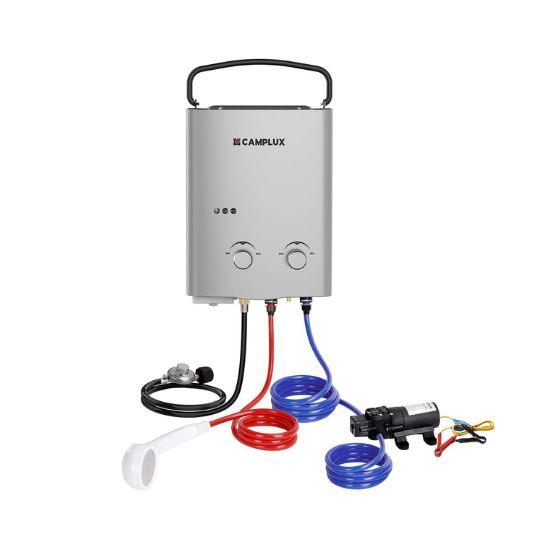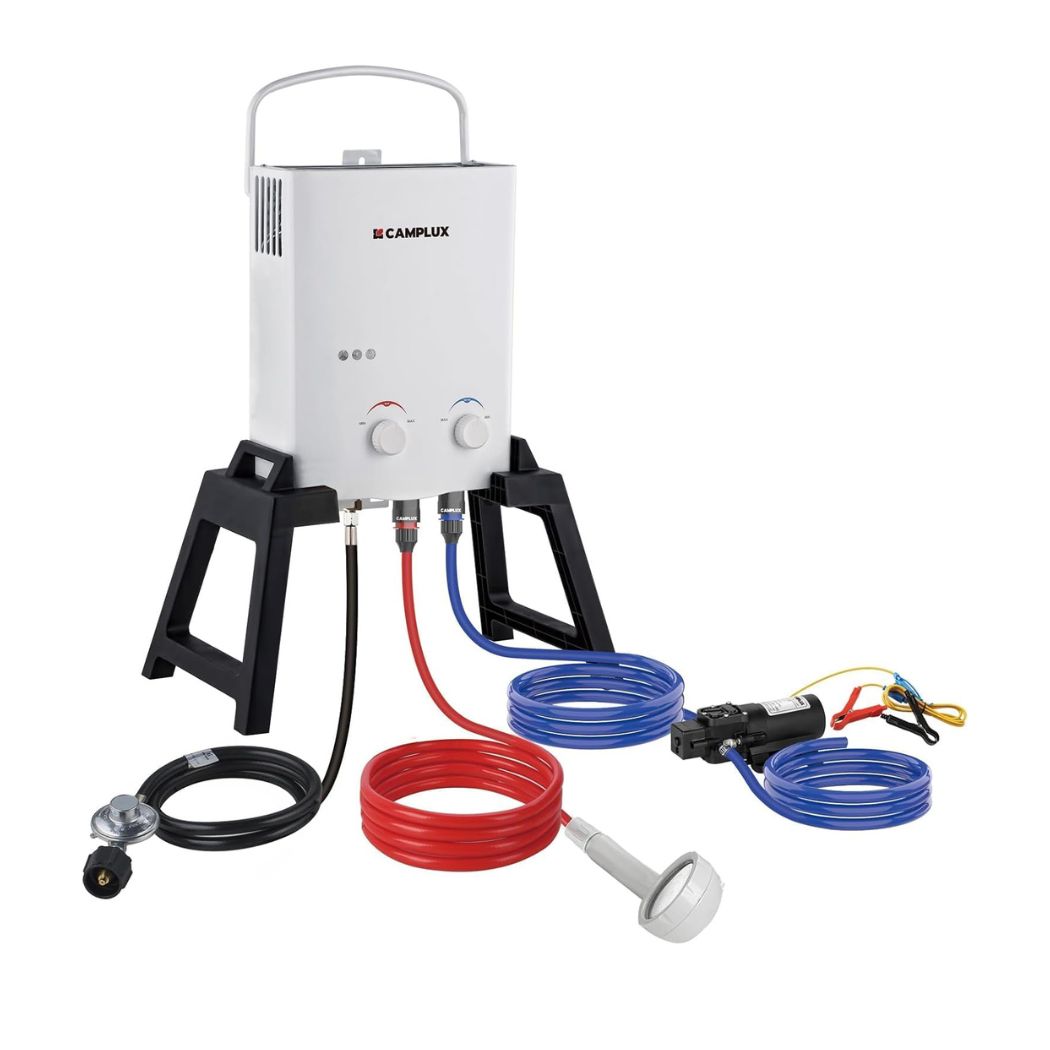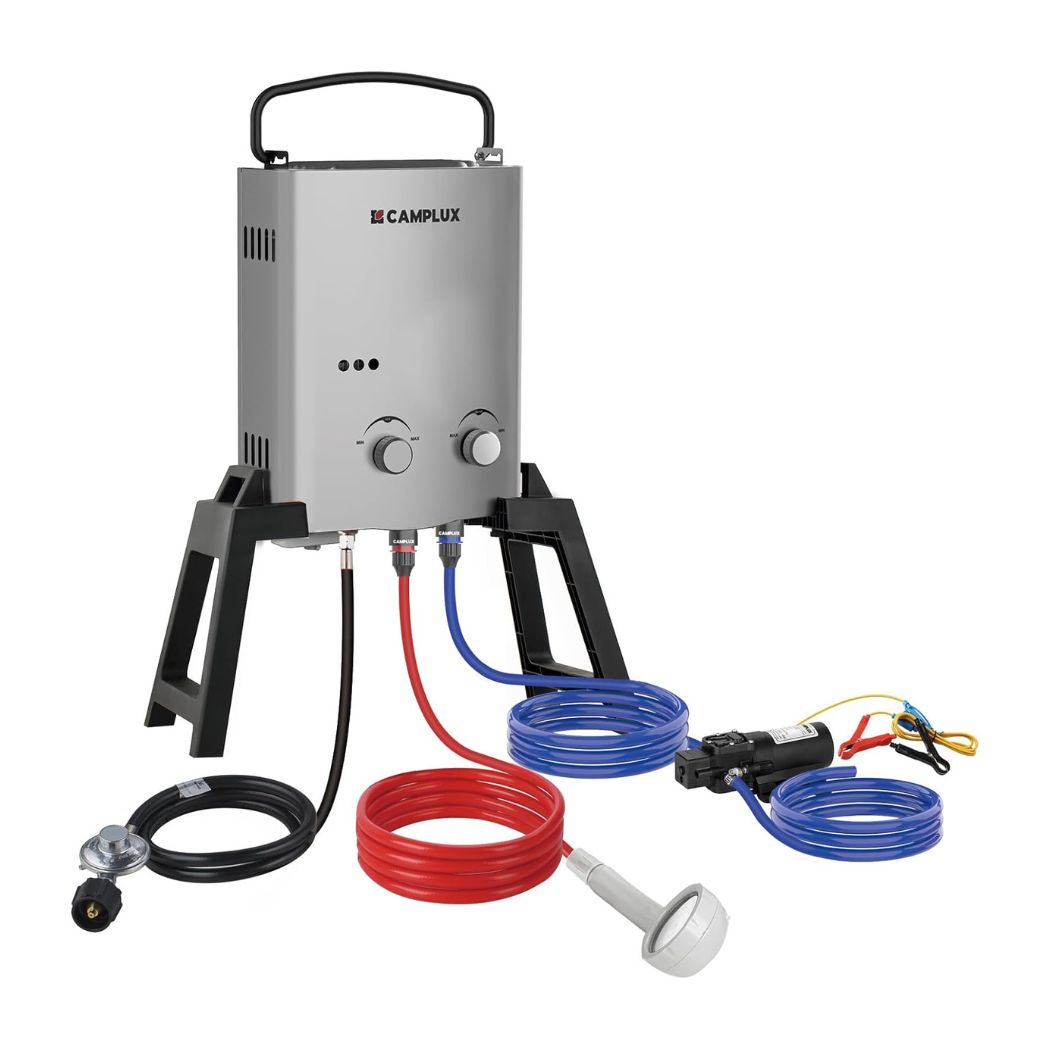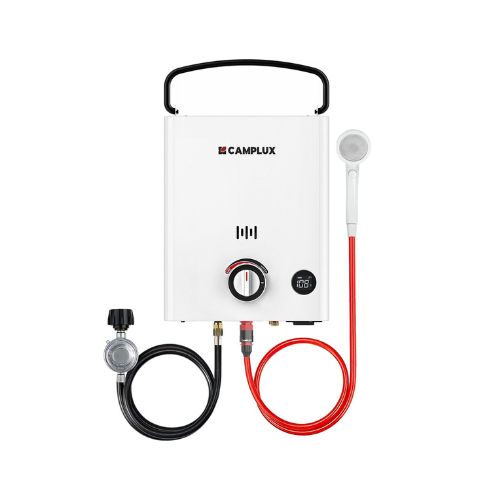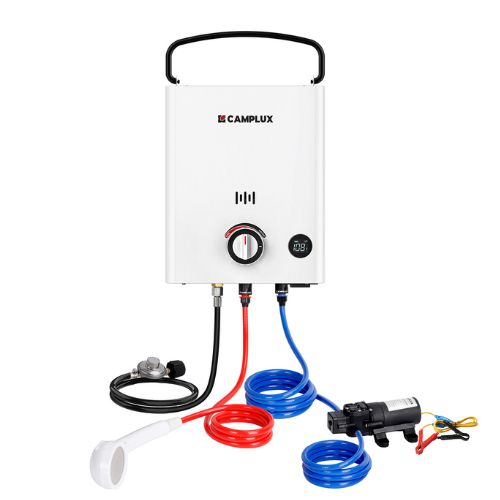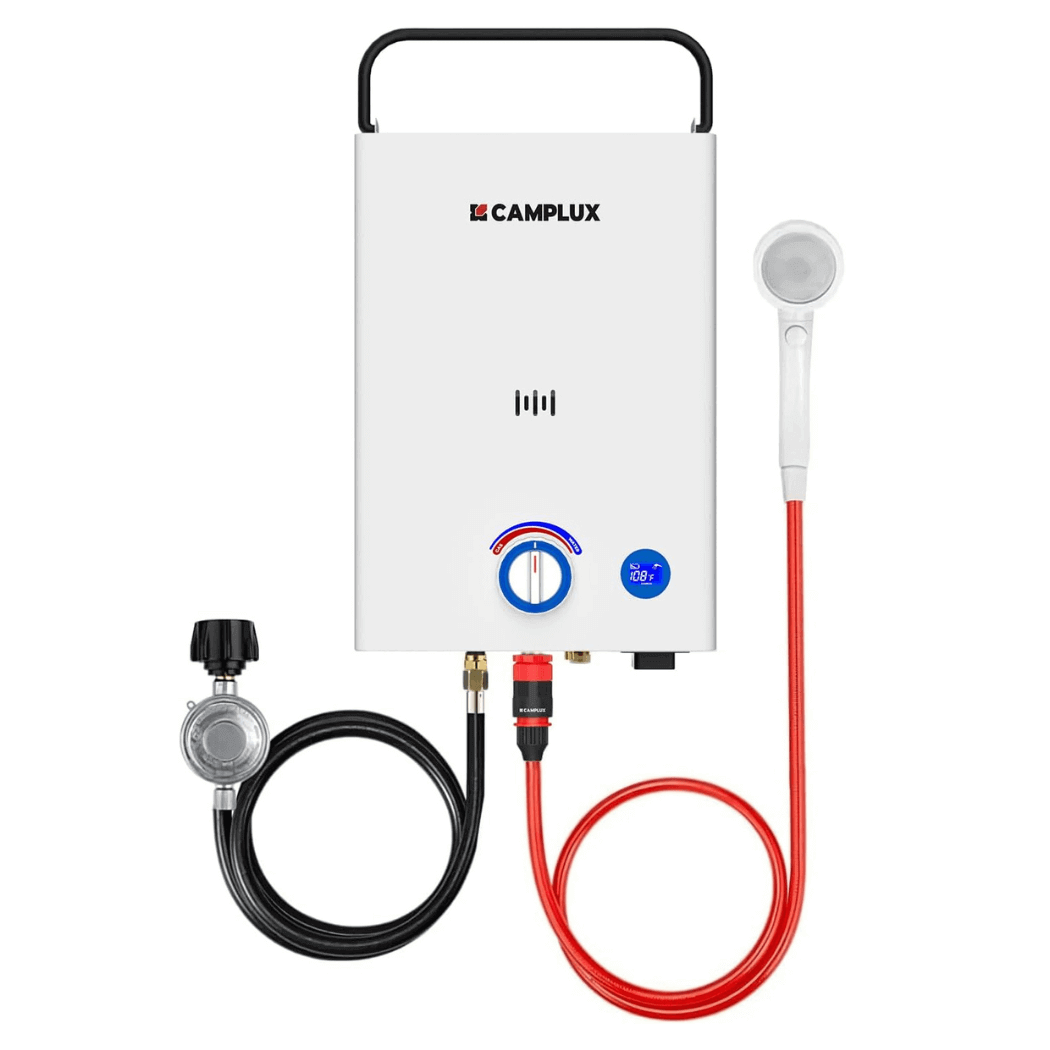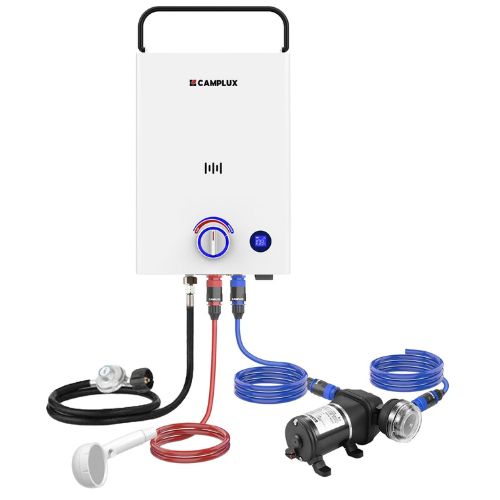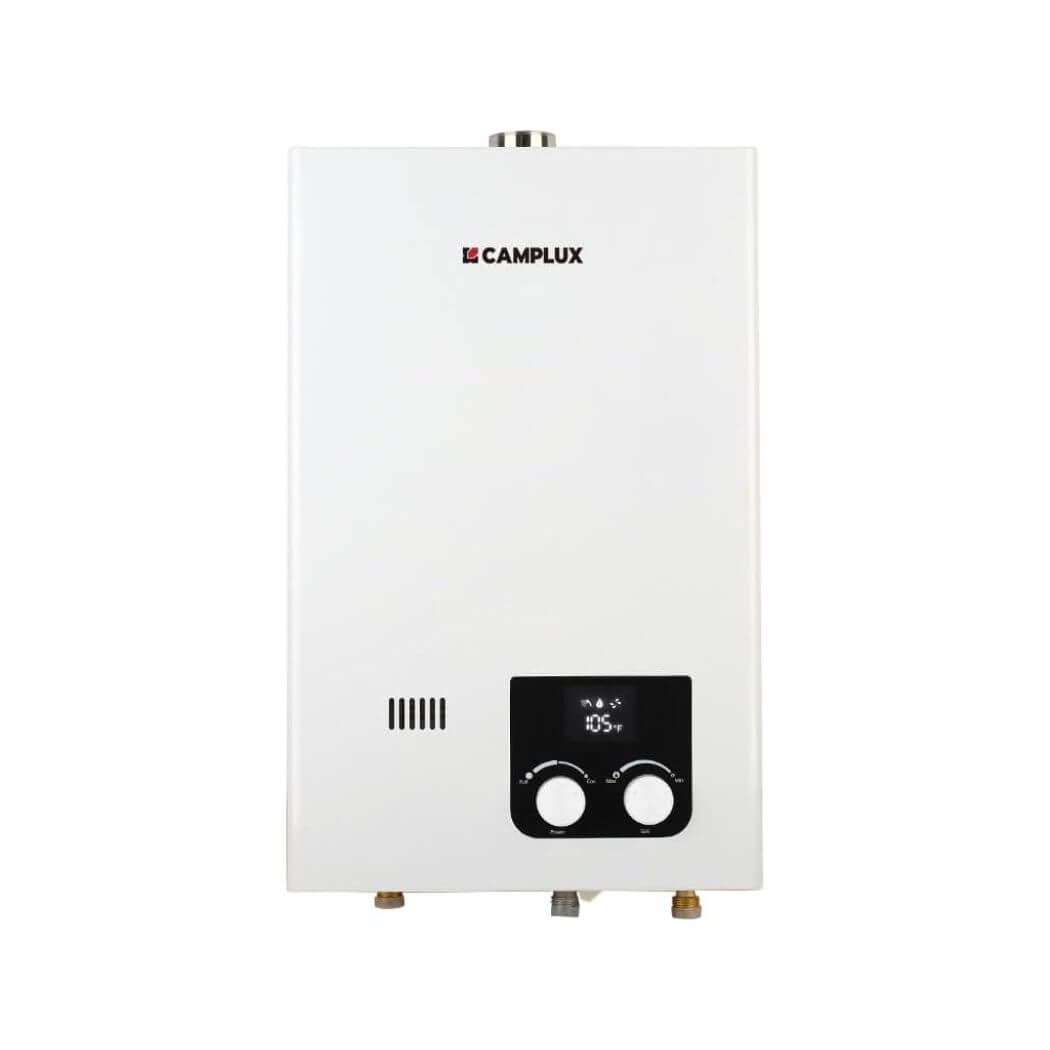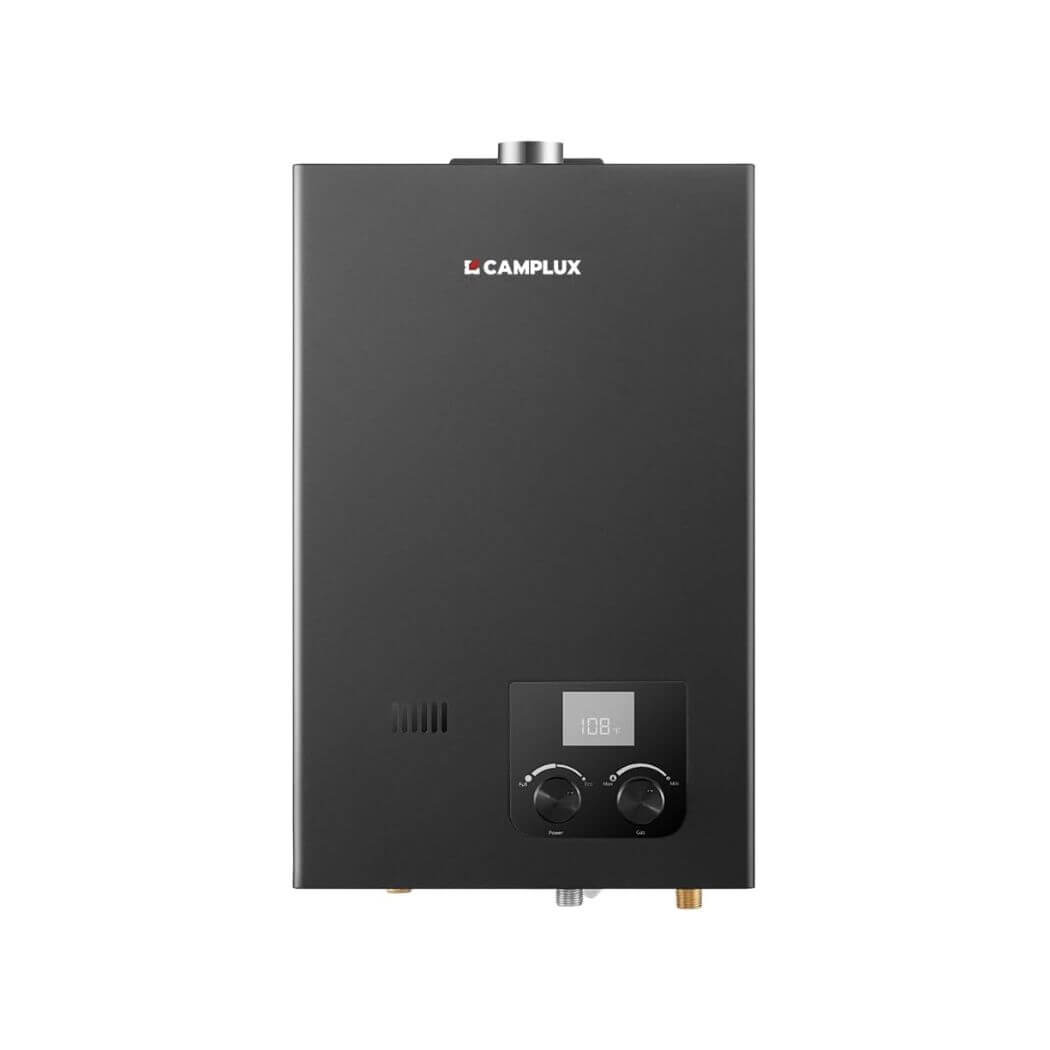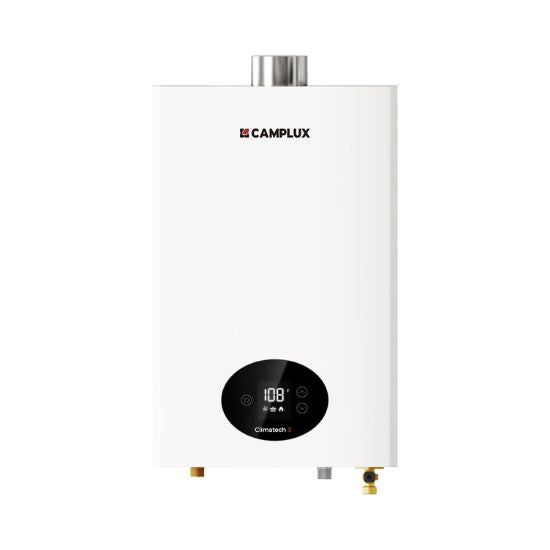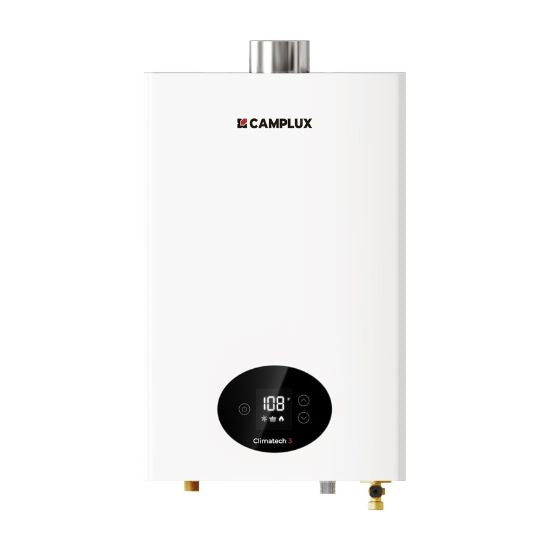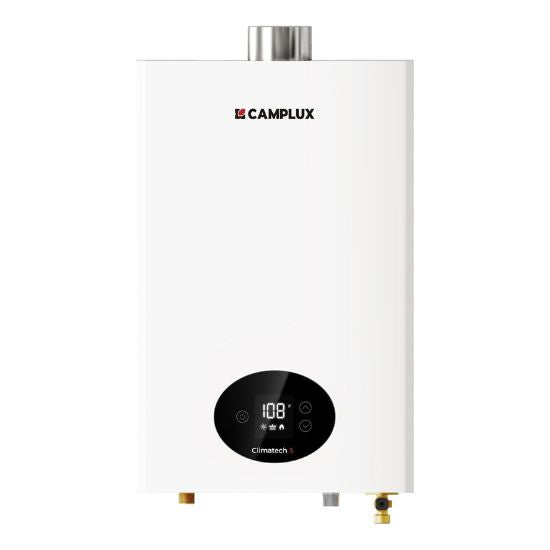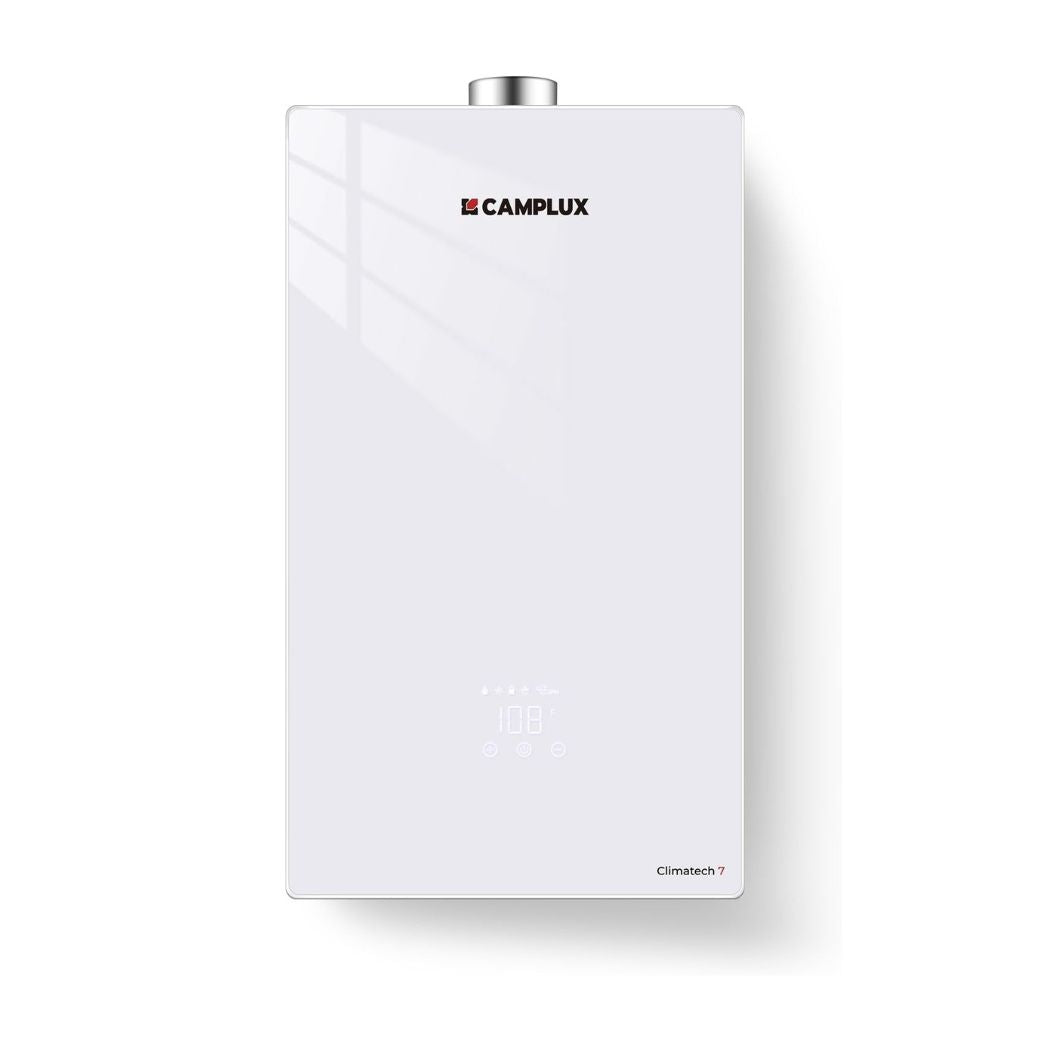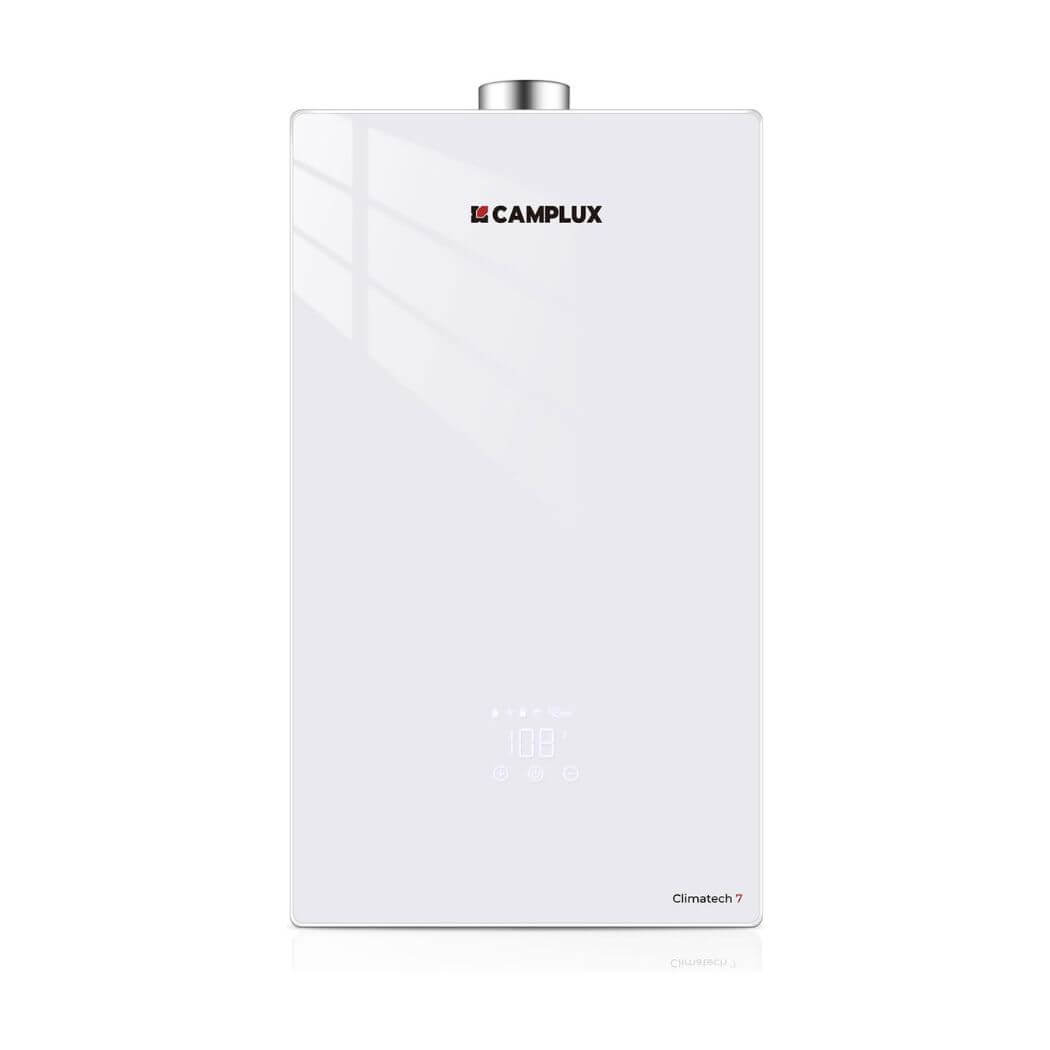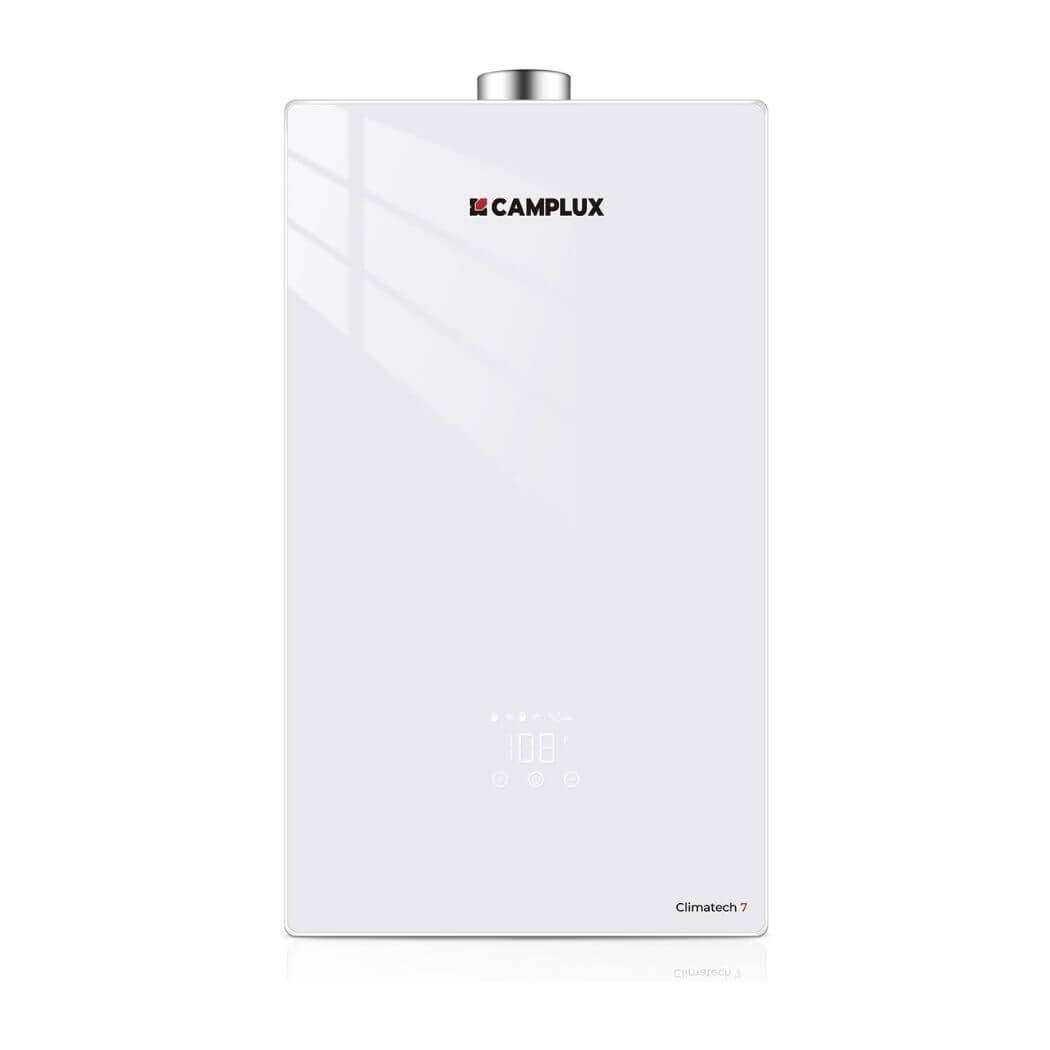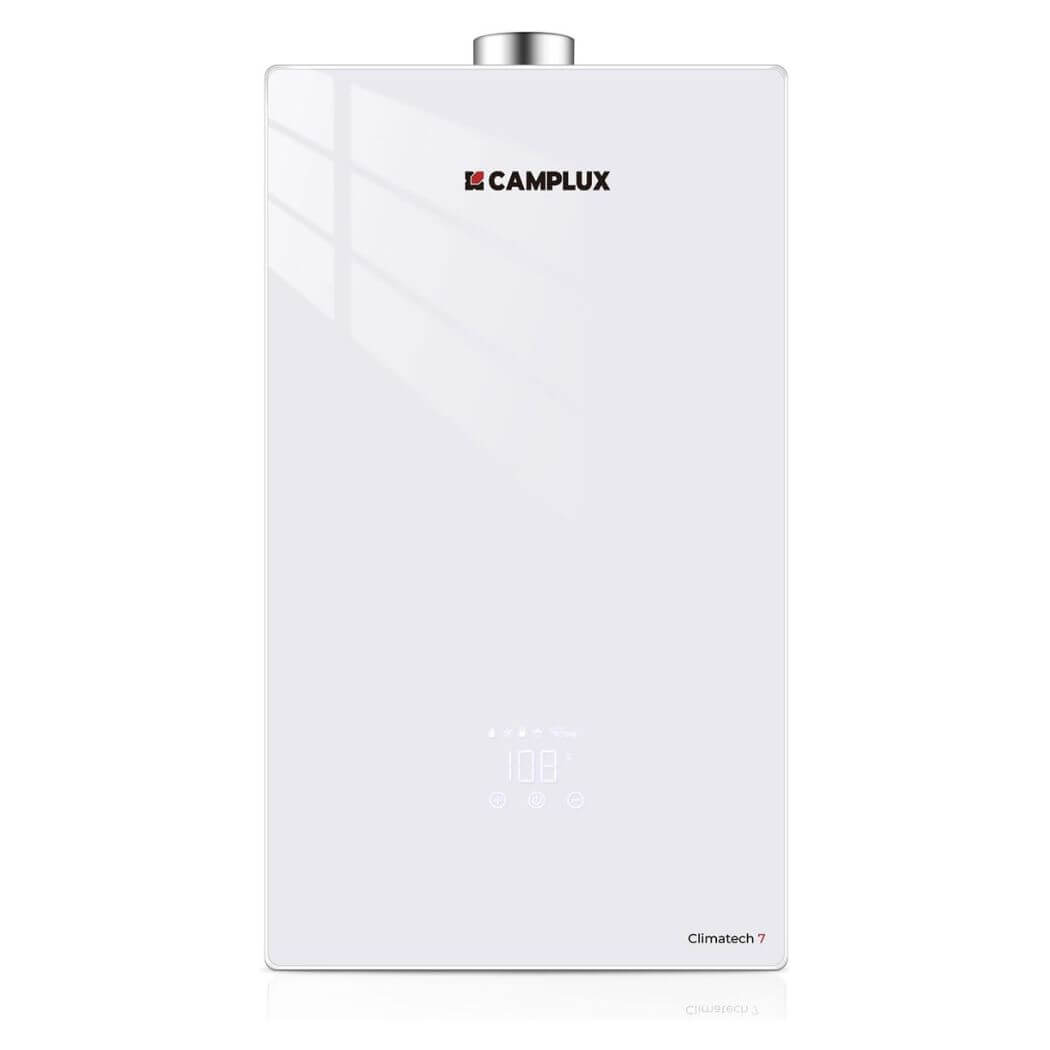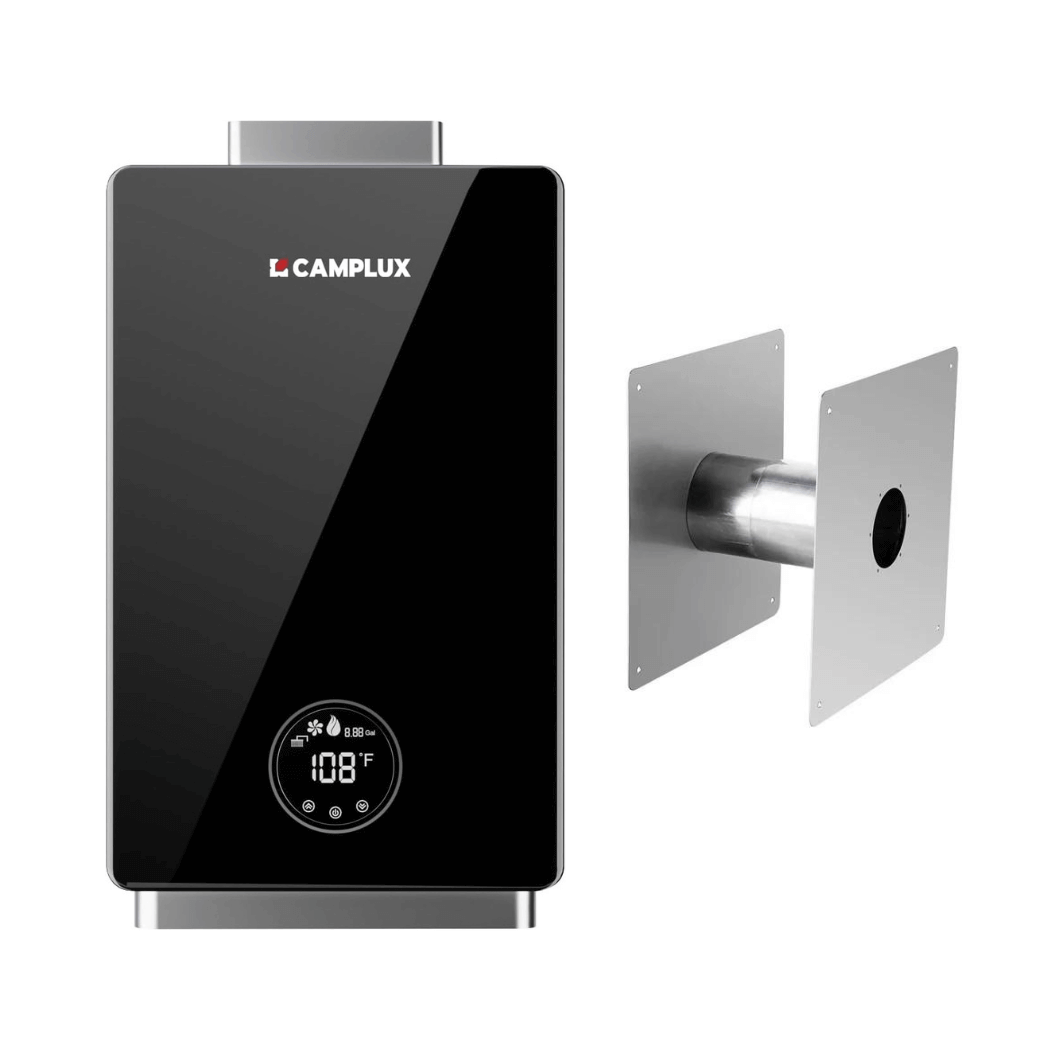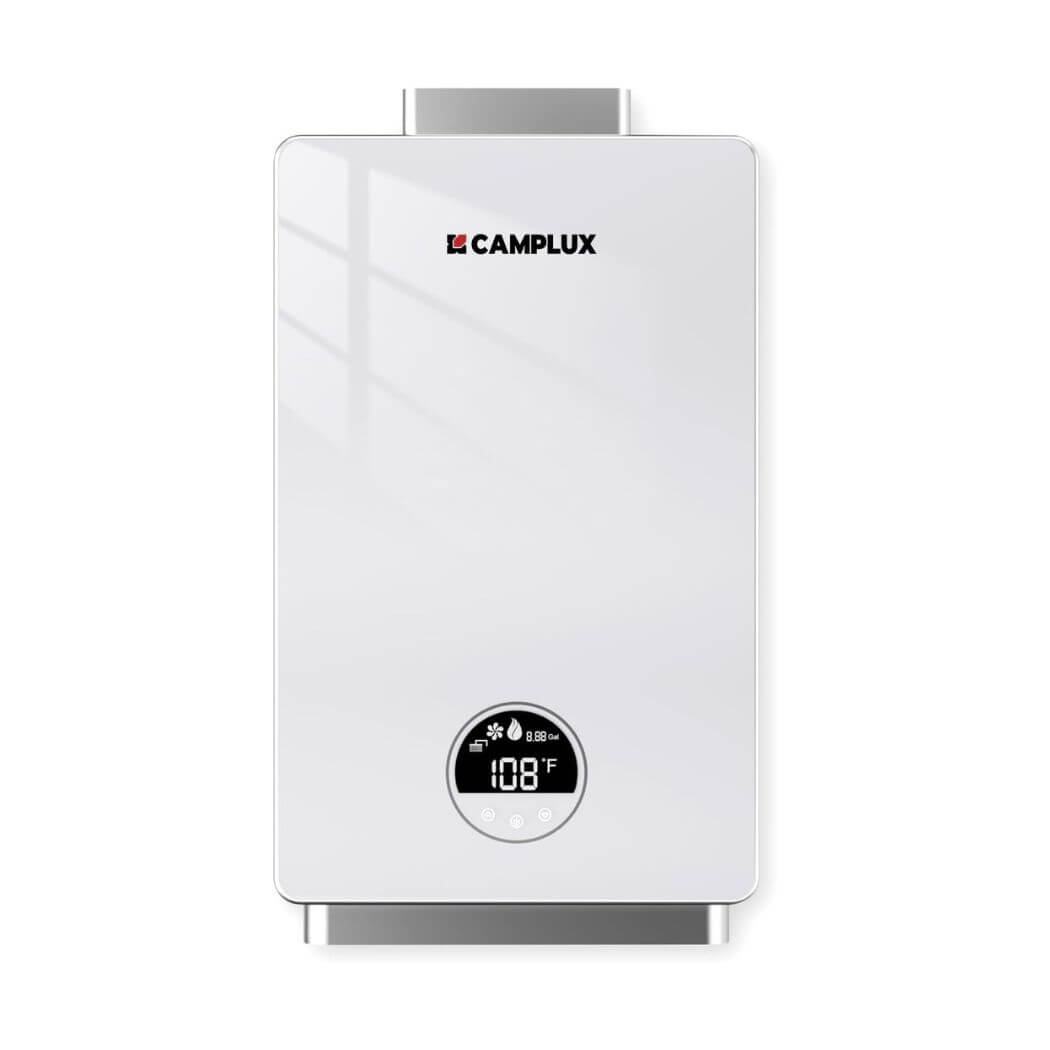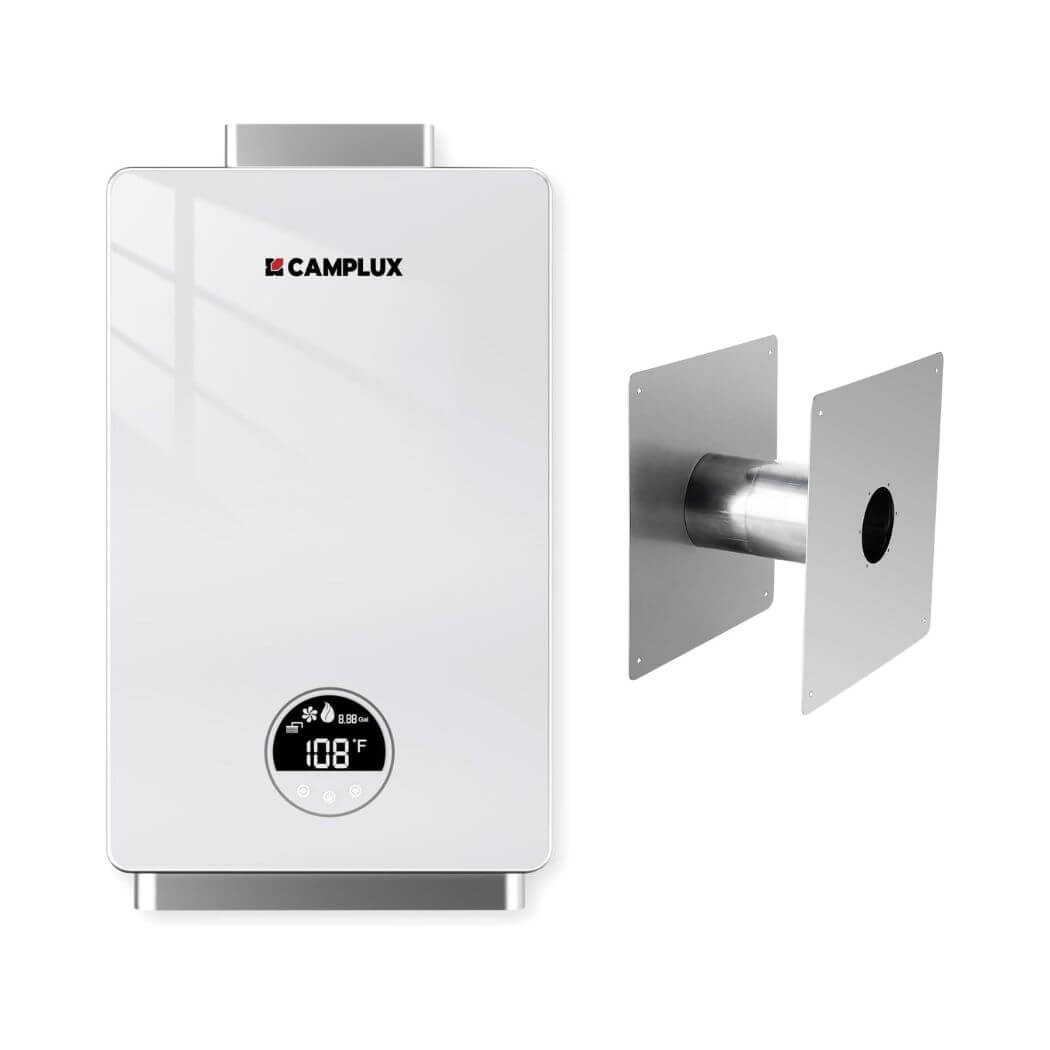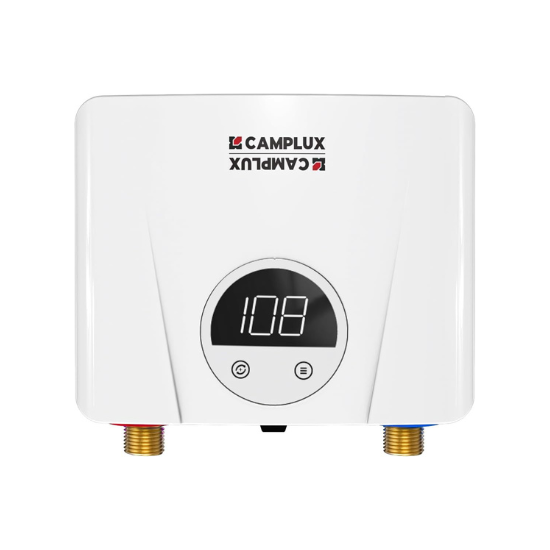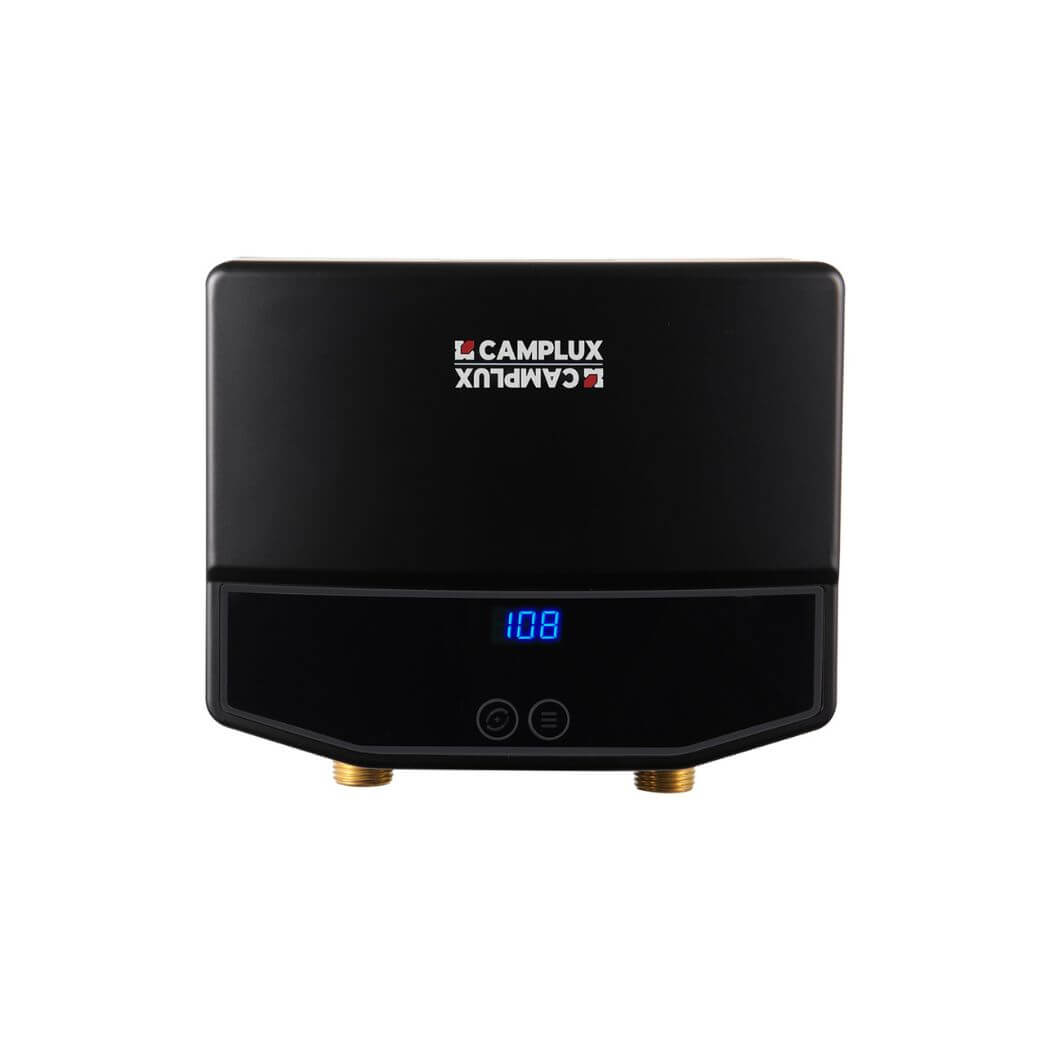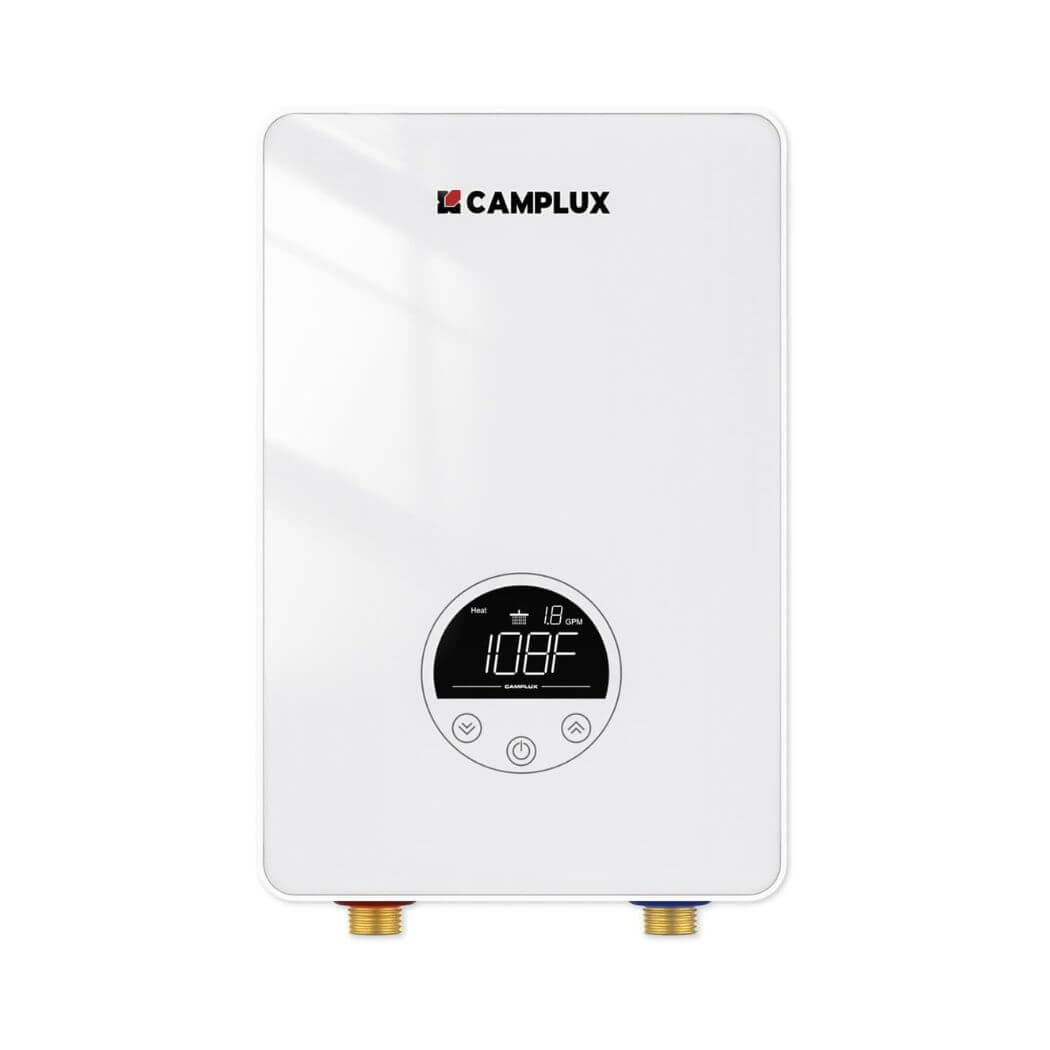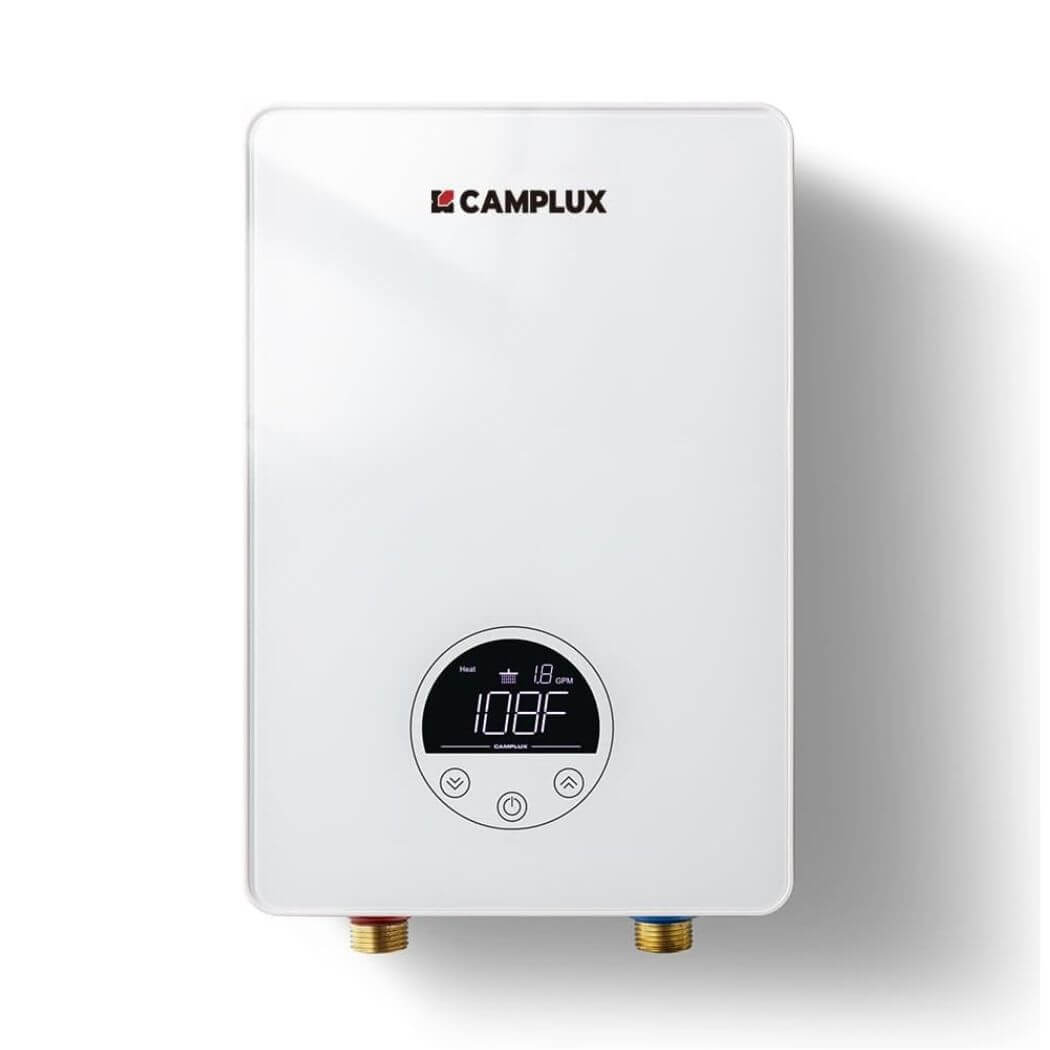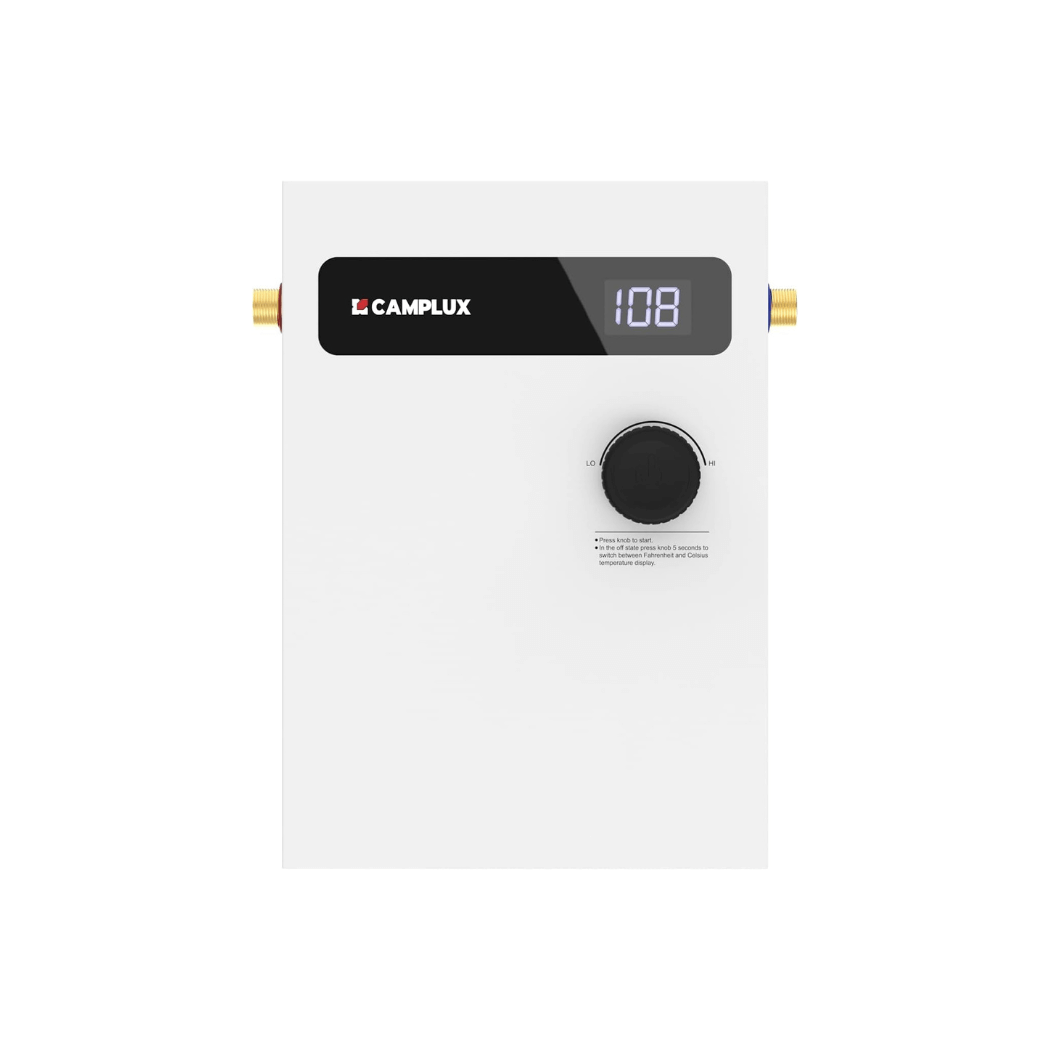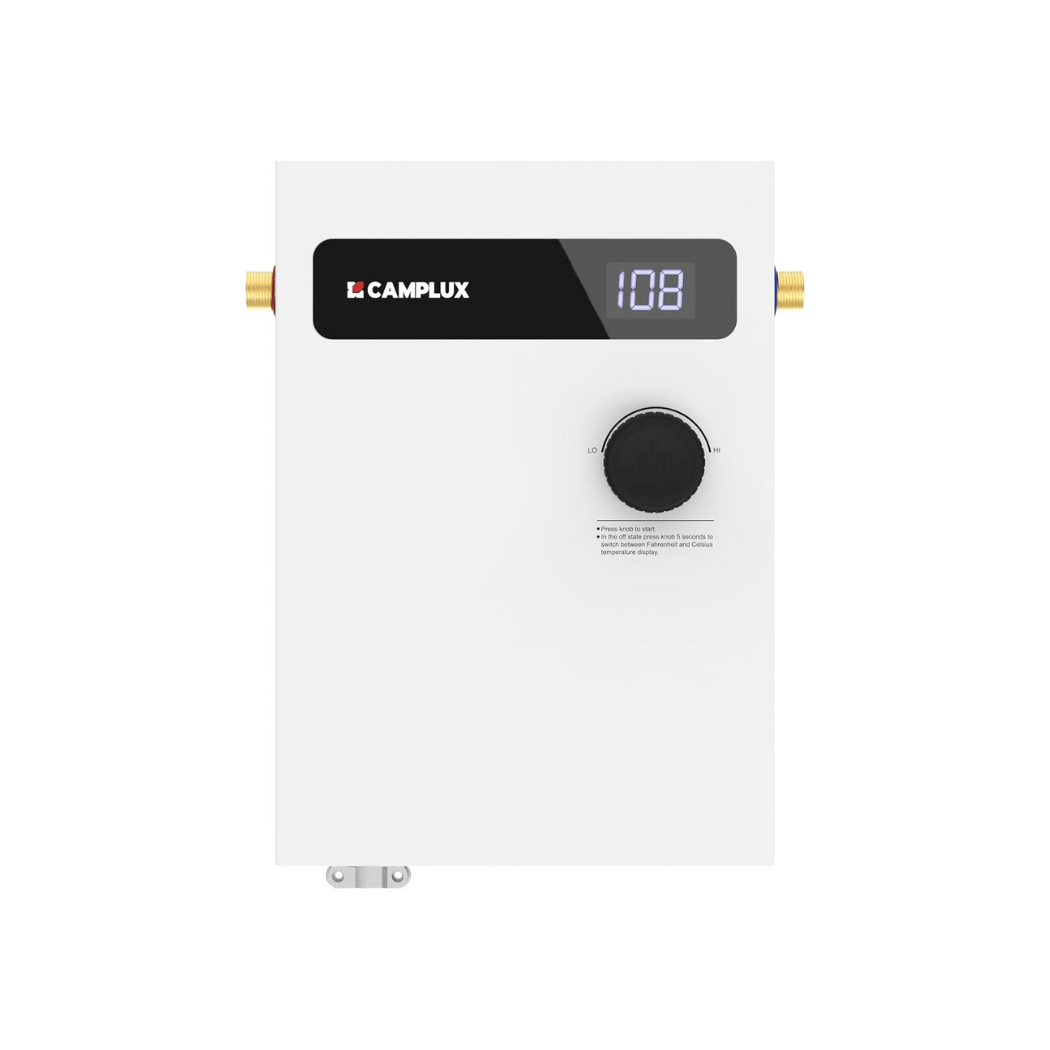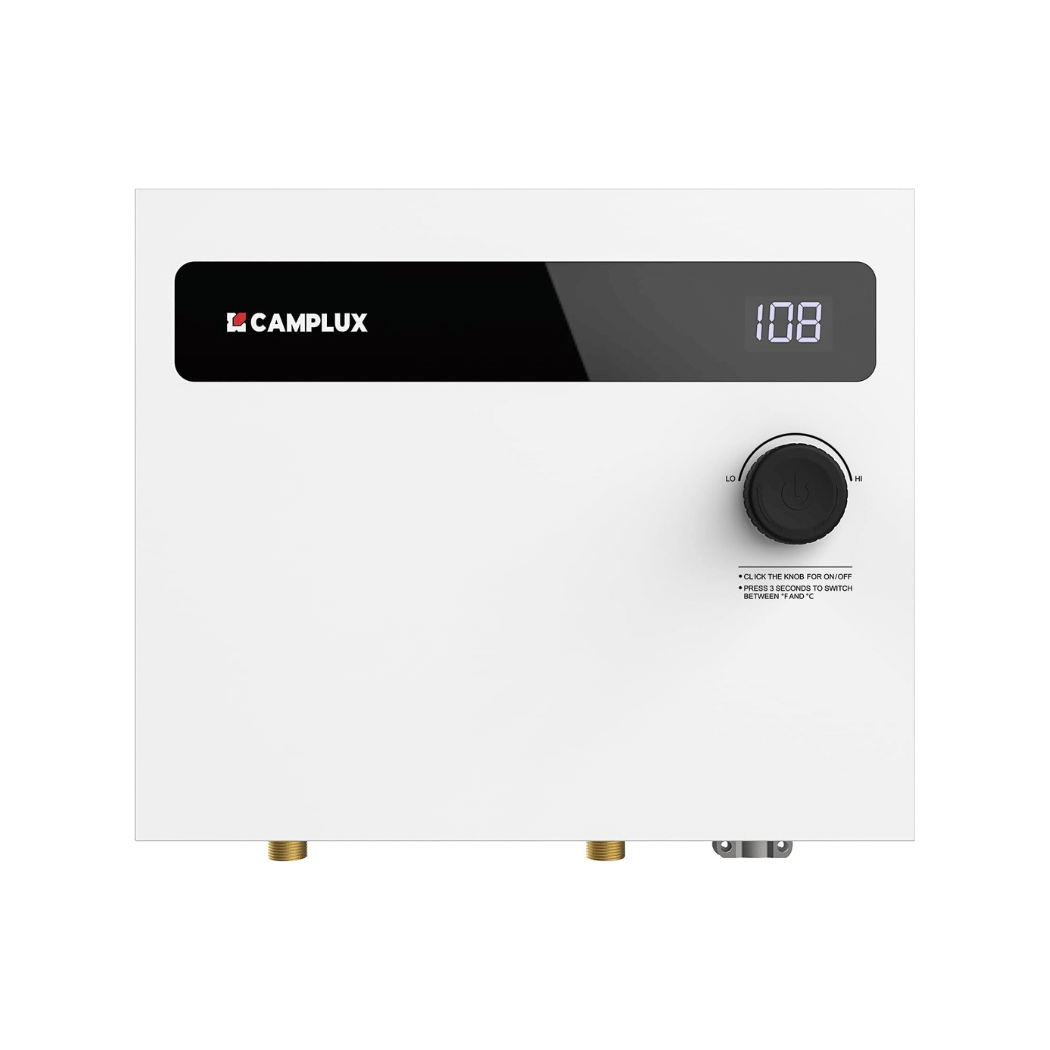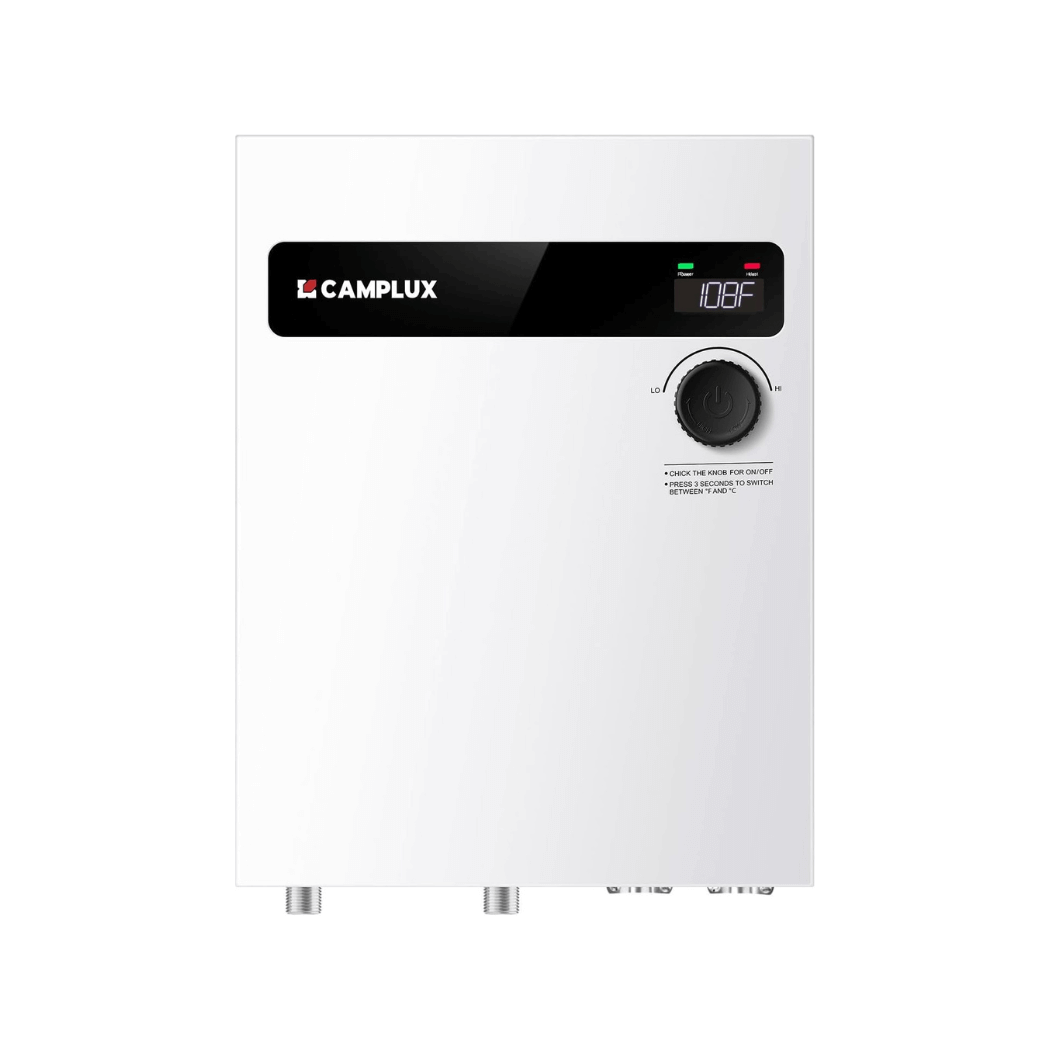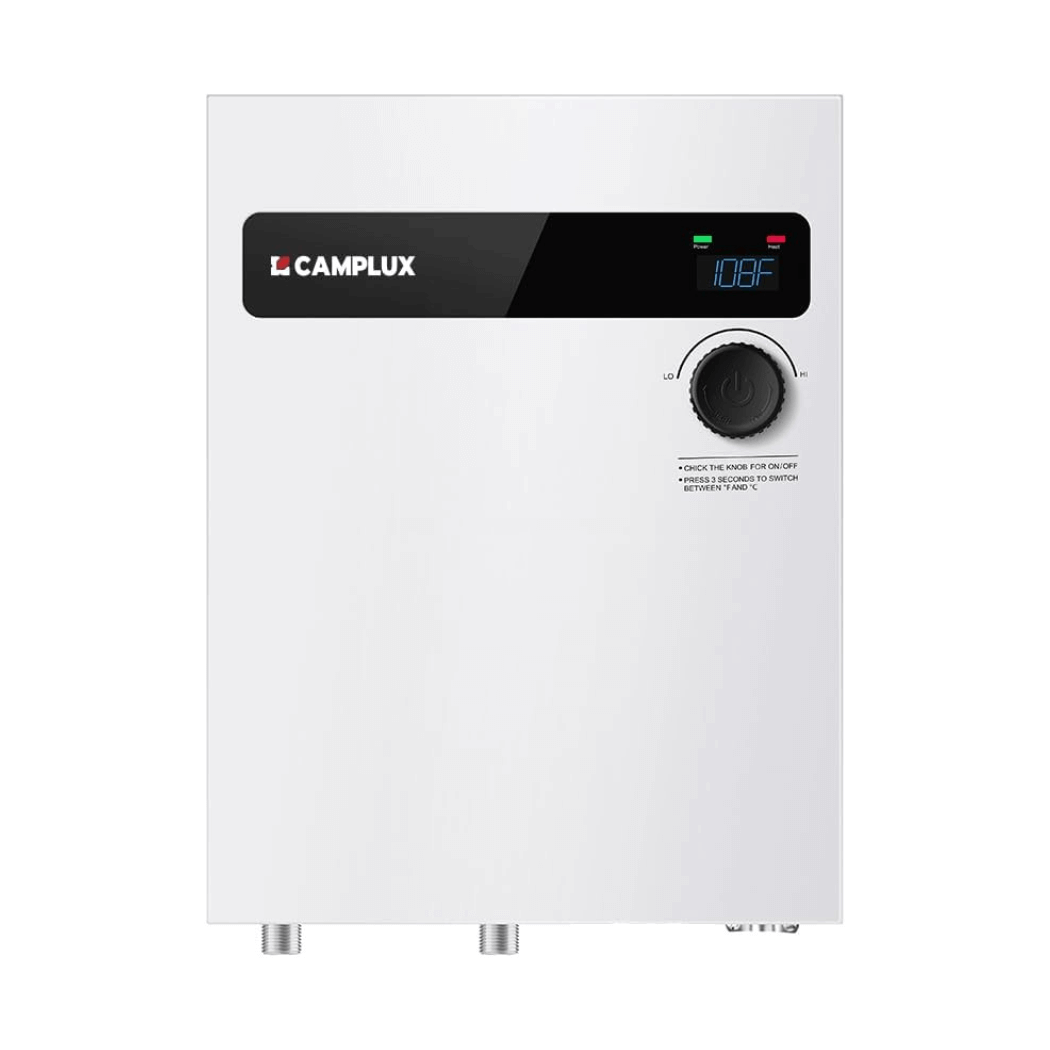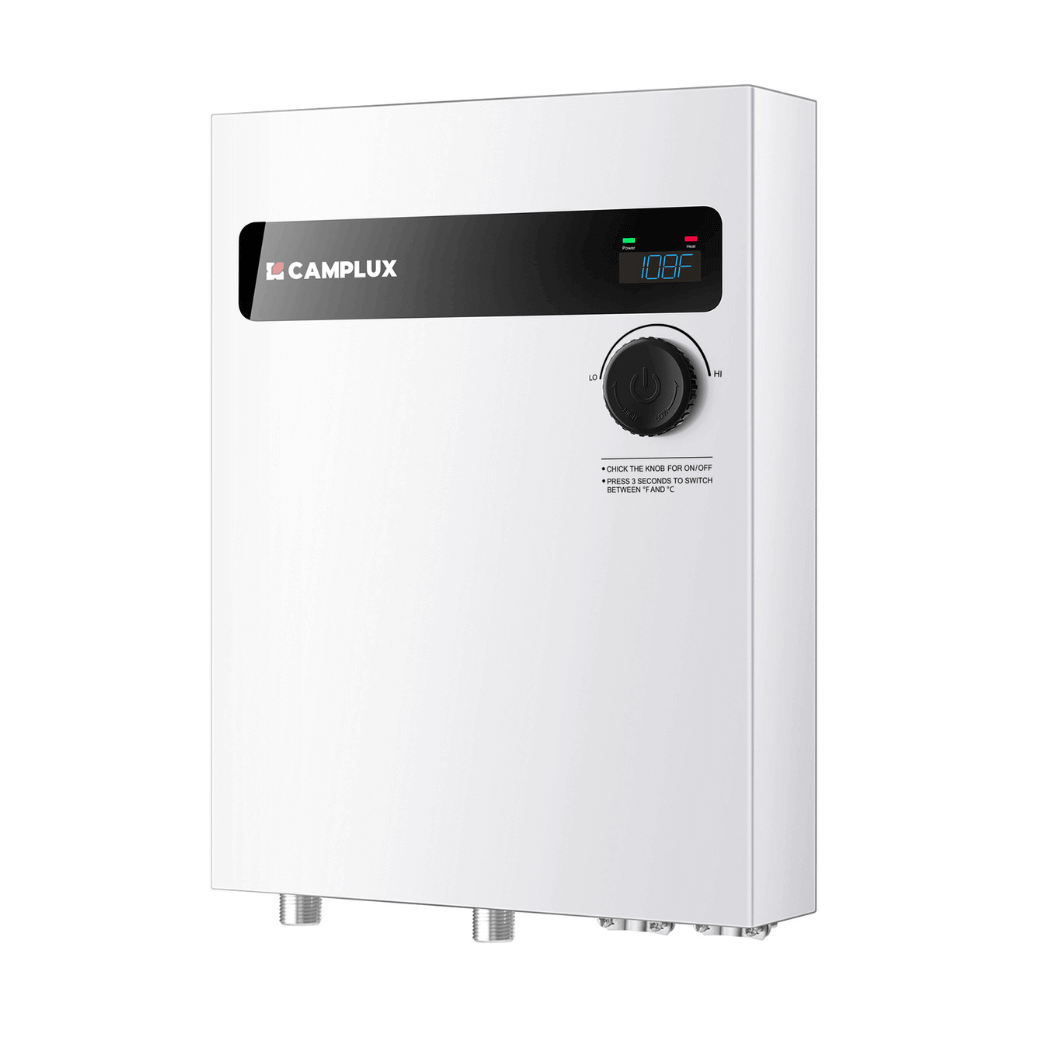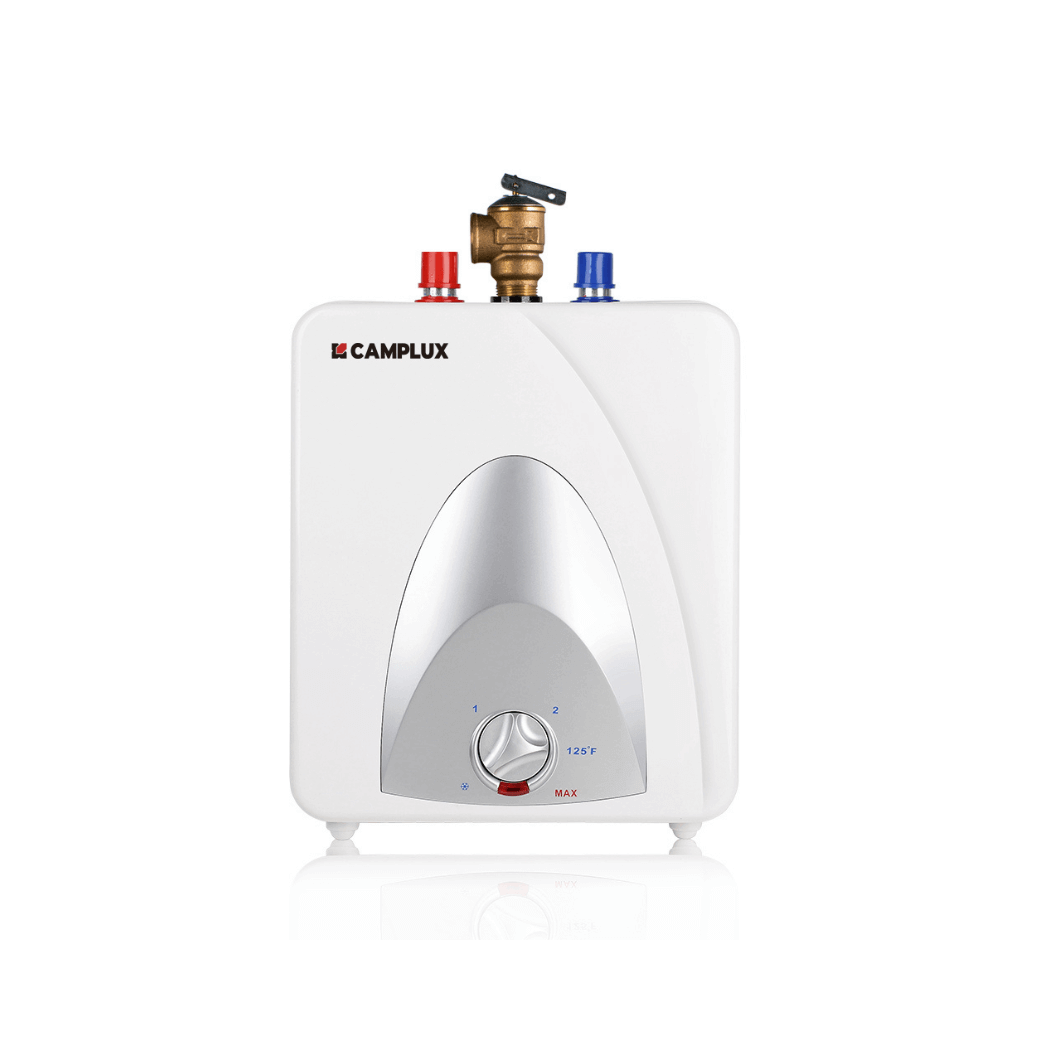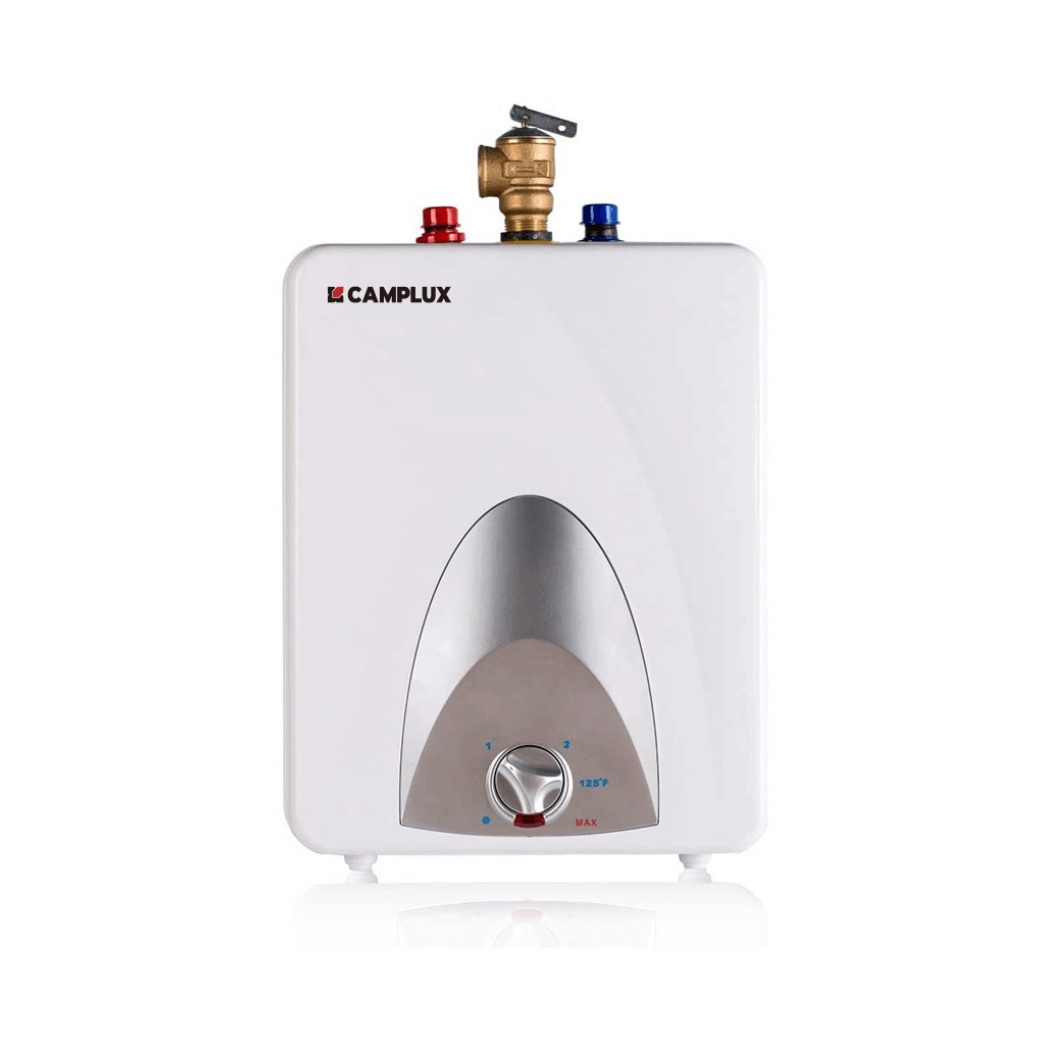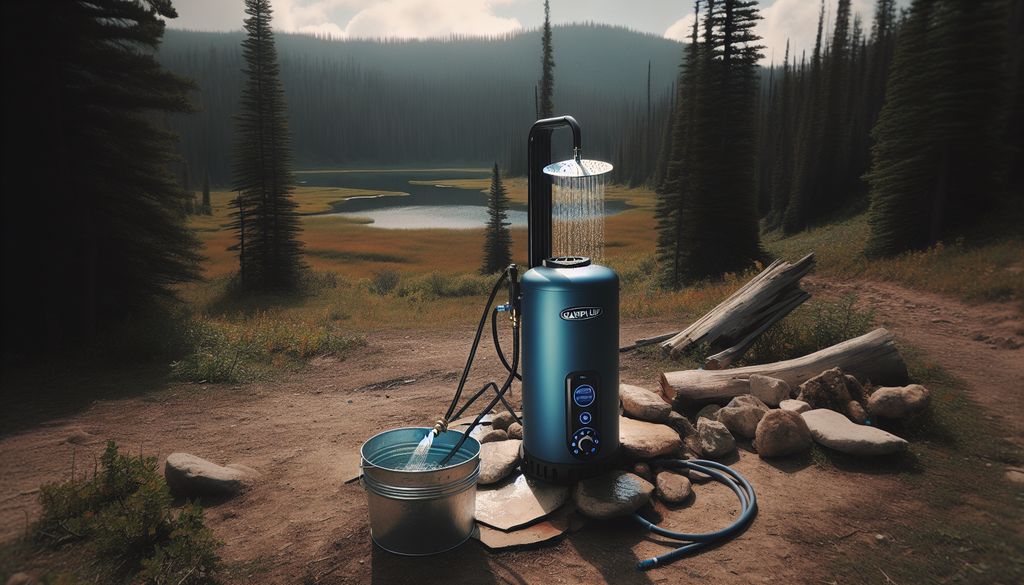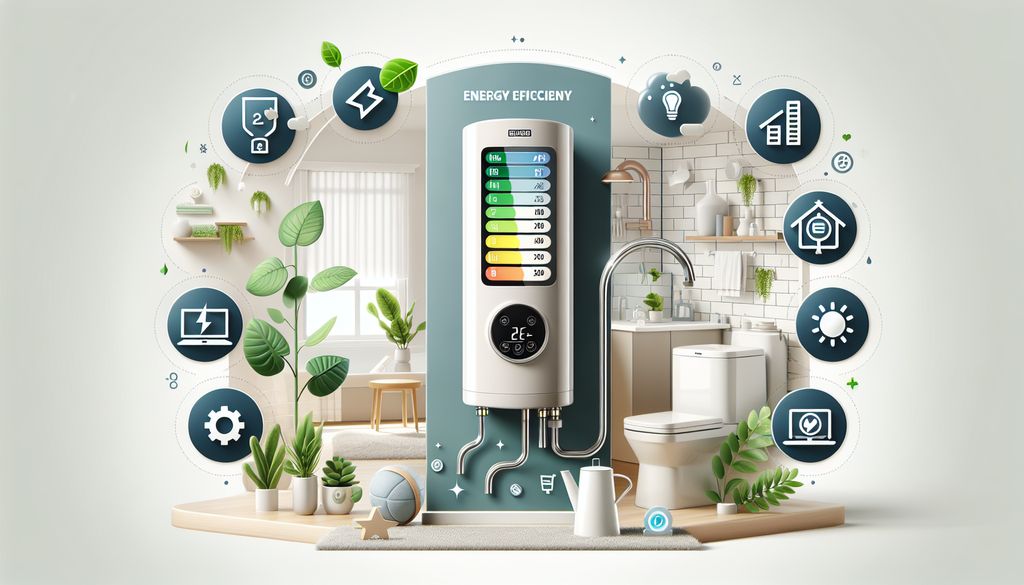When it comes to choosing a mini tank water heater, there are several factors to consider, such as the type of heater, capacity, energy efficiency, and maintenance requirements. In this guide, we will explore the different types of mini tank water heaters, factors to consider when buying one, top brands in the market, and installation and maintenance tips to help you make an informed decision.
Key Takeaways
- Consider the capacity and size of the mini tank water heater based on your hot water needs.
- Evaluate the energy efficiency rating of the mini tank water heater to save on energy costs.
- Proper installation location is crucial for the efficient operation of a mini tank water heater.
- Regular maintenance is important to ensure the longevity and performance of the mini tank water heater.
- Familiarize yourself with troubleshooting common issues to address any problems that may arise.
Types of Mini Tank Water Heaters
Electric Mini Tank Water Heaters
Electric mini tank water heaters are a popular choice for their energy efficiency and easy installation. They are ideal for providing hot water at the point of use, such as under sinks or near showers. Compact in size, these heaters can be mounted vertically or horizontally to fit in tight spaces. They are available in various capacities, ranging from 2.5 to 6 gallons, to suit different household needs.
- Energy Efficiency: Electric mini tank water heaters are known for their energy efficiency, reducing standby heat loss and minimizing energy consumption.
- Easy Installation: These heaters can be easily installed under sinks, in cabinets, or near fixtures, providing hot water right where it's needed.
- Versatile Mounting: With the ability to be mounted vertically or horizontally, electric mini tank water heaters offer flexibility in installation.
Tip: Consider the location of installation carefully to ensure easy access for maintenance and to avoid potential hazards.
Gas Mini Tank Water Heaters
Gas mini tank water heaters are a popular choice for their efficient and fast heating capabilities. They are powered by natural gas or propane, providing a reliable source of hot water. These heaters are ideal for small spaces and can be installed in various locations, including under sinks and in utility rooms. When considering a gas mini tank water heater, it's important to assess the BTU rating and ventilation requirements to ensure safe and effective operation.
- BTU Rating: The British Thermal Unit (BTU) rating indicates the heating capacity of the water heater. Higher BTU ratings result in faster heating.
- Ventilation Requirements: Proper ventilation is crucial for gas-powered heaters to prevent the buildup of harmful gases. Ensure adequate airflow and follow manufacturer guidelines for installation.
Tip: Regularly inspect the ventilation system to maintain safe operation and consider professional installation for optimal safety and performance.
Hybrid Mini Tank Water Heaters
Hybrid mini tank water heaters combine the benefits of electric and heat pump technologies. They are designed to provide efficient hot water delivery while minimizing energy consumption. These units are ideal for homeowners seeking a balance between performance and energy efficiency.
- Energy-efficient design: Hybrid mini tank water heaters utilize advanced technology to maximize energy savings.
- Versatile installation: These units can be installed in various locations, offering flexibility for homeowners.
- Long-term cost savings: The energy-efficient operation of hybrid mini tank water heaters can lead to reduced utility bills over time.
Tip: Consider the available space and electrical requirements before installing a hybrid mini tank water heater to ensure optimal performance and efficiency.
Factors to Consider When Buying a Mini Tank Water Heater
Capacity and Size
When considering the capacity and size of a mini tank water heater, it's important to assess your specific needs. Factors such as the available space for installation, the hot water demand in your household, and the intended use of the heater should all be taken into account.
- For a quick comparison, here's a table summarizing the capacity and size options for mini tank water heaters:
| Capacity | Size |
|---|---|
| 2.5 gallons | Compact |
| 4 gallons | Small |
| 6 gallons | Medium |
| 10 gallons | Large |
- When selecting the right capacity and size, consider the space available for installation, the number of fixtures the heater will serve, and the frequency of hot water usage.
Tip: Ensure that the selected capacity and size align with your household's hot water needs to avoid unnecessary energy consumption and limitations in hot water availability.
Energy Efficiency
When considering the energy efficiency of a mini tank water heater, it's important to evaluate the Energy Factor (EF). The EF indicates the heater's efficiency in converting input energy into hot water. Higher EF values signify greater efficiency.
To make an informed decision, compare the EF ratings of different models. Look for the highest EF within your desired capacity range. This ensures that you maximize energy savings over the long term.
Additionally, consider the insulation of the tank. Well-insulated tanks reduce standby heat loss, improving overall energy efficiency. Opt for models with quality insulation to minimize heat loss and enhance energy conservation.
For a quick comparison, here's a table showcasing the EF ratings of popular mini tank water heaters:
| Brand | Capacity (Gallons) | EF Rating |
|---|---|---|
| EcoSmart | 2.5 | 0.98 |
| Bosch | 4 | 0.95 |
| Rheem | 6 | 0.93 |
Remember, higher EF ratings and superior insulation contribute to significant energy cost savings and reduced environmental impact. Prioritize these factors when selecting an energy-efficient mini tank water heater.
Tip: Regularly check and maintain the insulation of your mini tank water heater to ensure optimal energy efficiency and performance.
Installation and Maintenance
Mini tank water heaters require proper installation and regular maintenance to ensure optimal performance and longevity. When considering the proper location for installation, it's essential to place the unit in a well-ventilated area with easy access for servicing. Additionally, the regular maintenance checklist should include flushing the tank to remove sediment, checking the temperature and pressure relief valve, and inspecting the anode rod for corrosion.
For troubleshooting common issues, it's important to check for leaks, assess the thermostat settings, and verify the power supply. Additionally, keeping the area around the mini tank water heater clear of clutter and debris can prevent potential hazards and ensure efficient operation.
Installation and Maintenance Tips
- Proper location for installation
- Regular maintenance checklist
- Troubleshooting common issues
Top Brands of Mini Tank Water Heaters
EcoSmart
EcoSmart mini tank water heaters are known for their energy efficiency and compact design. These heaters are ideal for small spaces and provide hot water on demand. The advanced self-modulating technology ensures efficient energy usage, saving you money on utility bills. Additionally, EcoSmart heaters are easy to install and require minimal maintenance. Here are some key features of EcoSmart mini tank water heaters:
| Feature | Description |
|---|---|
| Energy Efficiency | High energy factor for cost-effective operation |
| Compact Design | Space-saving and versatile installation options |
| Quick Recovery | Rapid heating for continuous hot water supply |
Tip: Consider the size and energy efficiency of the EcoSmart mini tank water heater to ensure it meets your hot water needs while minimizing energy consumption.
For proper installation, ensure the heater is placed in a well-ventilated area and follow the manufacturer's guidelines for maintenance. Regularly check for leaks, sediment buildup, and proper electrical connections to ensure optimal performance and longevity.
Bosch
Bosch mini tank water heaters are known for their reliability and efficiency. They are designed to provide quick and consistent hot water supply, making them ideal for small spaces and on-demand use. These water heaters are equipped with advanced safety features and are easy to install and maintain. With a focus on energy efficiency and durability, Bosch mini tank water heaters are a popular choice for homeowners seeking a reliable hot water solution.
Rheem
Rheem is a leading brand in mini tank water heaters, known for their durability and performance. When it comes to installation and maintenance, Rheem mini tank water heaters require careful attention to detail. Here are some essential tips to ensure the longevity and efficiency of your Rheem mini tank water heater:
- Proper Location for Installation: Ensure that the mini tank water heater is installed in a well-ventilated area with sufficient clearance around it to prevent overheating and ensure proper airflow.
- Regular Maintenance Checklist: Create a regular maintenance schedule that includes checking the pressure relief valve, inspecting for leaks, and flushing the tank to remove sediment buildup.
- Troubleshooting Common Issues: Familiarize yourself with common issues such as inadequate hot water, unusual noises, or leaks, and follow the manufacturer's troubleshooting guide to address these issues effectively.
Tip: Regularly flushing the tank to remove sediment buildup can significantly improve the efficiency and lifespan of your Rheem mini tank water heater.
Installation and Maintenance Tips for Mini Tank Water Heaters
Proper Location for Installation
When considering the Proper Location for Installation of your mini tank water heater, it's crucial to ensure that the unit is placed in a well-ventilated area away from flammable materials. Additionally, the heater should be positioned close to the point of use to minimize heat loss and optimize energy efficiency.
For Regular Maintenance Checklist, it's important to periodically check the temperature and pressure relief valve, inspect the anode rod, and flush the tank to remove sediment buildup. This routine maintenance helps prolong the lifespan of the heater and maintains its performance.
Troubleshooting Common Issues can be simplified by referring to the following table:
| Issue | Solution |
|---|---|
| No Hot Water | Check power supply and heating element |
| Water Leaks | Inspect fittings and connections |
| Inadequate Heating | Adjust thermostat and check for scale buildup |
Lastly, for an added tip: Ensure the mini tank water heater is installed on a stable, level surface to prevent damage and ensure proper operation.
Regular Maintenance Checklist
Regular maintenance is crucial for ensuring the longevity and efficiency of your mini tank water heater. Here are some essential maintenance tips to keep your unit in top condition:
-
Flush the Tank: Periodically flush the tank to remove sediment and mineral buildup, which can affect the heater's performance.
-
Check the Anode Rod: Inspect the anode rod for corrosion and replace it if necessary to prevent rust and extend the life of the tank.
-
Inspect the Pressure Relief Valve: Test the pressure relief valve to ensure it's functioning properly and release any excess pressure within the tank.
-
Monitor Temperature Settings: Regularly check and adjust the temperature settings to optimize energy efficiency and prevent overheating.
-
Inspect for Leaks: Routinely inspect the unit for any leaks or signs of water damage, addressing any issues promptly to prevent further damage.
-
Schedule Professional Maintenance: Consider scheduling annual professional maintenance to ensure all components are in good working condition and address any potential issues early.
Tip: Keep a maintenance log to track maintenance activities and identify any patterns or recurring issues that may require attention.
Troubleshooting Common Issues
Proper location for installation is crucial for safety and efficiency.
Regular maintenance checklist should include flushing the tank, checking for leaks, and testing the pressure relief valve.
Troubleshooting common issues may involve adjusting the thermostat, inspecting the heating element, and checking the electrical connections.
- Implement a table for presenting structured, quantitative data. Ensure it's succinct and formatted correctly in Markdown.
- Use a bulleted or numbered list for less structured content, like steps, qualitative points, or a series of related items.
Tip: Always follow the manufacturer's guidelines for installation and maintenance to ensure optimal performance and longevity.
Conclusion
In conclusion, choosing the right mini tank water heater involves considering various factors such as capacity and size, energy efficiency, and ease of installation and maintenance. Understanding the different types of mini tank water heaters, including electric, gas, and hybrid models, is essential for making an informed decision. Additionally, being aware of the top brands in the market, such as EcoSmart, Bosch, and Rheem, can help consumers narrow down their options. Lastly, proper installation in the right location and regular maintenance are crucial for ensuring the longevity and optimal performance of a mini tank water heater.
Frequently Asked Questions
What is the difference between electric and gas mini tank water heaters?
Electric mini tank water heaters use electricity to heat the water, while gas mini tank water heaters use natural gas or propane. The choice between the two depends on the availability of energy sources and personal preferences.
How do I determine the capacity and size of a mini tank water heater?
The capacity and size of a mini tank water heater should be determined based on the hot water demand of the household. Factors such as the number of users, peak usage times, and the temperature rise required should be considered.
What are the energy efficiency ratings to look for in a mini tank water heater?
Look for energy efficiency ratings such as Energy Factor (EF) and Uniform Energy Factor (UEF) when choosing a mini tank water heater. Higher ratings indicate better energy efficiency.
What are the key installation requirements for mini tank water heaters?
Mini tank water heaters should be installed in a location with proper ventilation, access to electrical or gas connections, and sufficient clearance for maintenance. It's important to follow the manufacturer's installation guidelines.
How often should I perform maintenance on a mini tank water heater?
Regular maintenance for a mini tank water heater includes flushing the tank, checking the pressure relief valve, inspecting the anode rod, and cleaning the heating elements. It's recommended to perform maintenance at least once a year.
What are some common issues with mini tank water heaters and how can they be troubleshooted?
Common issues with mini tank water heaters include inadequate hot water, water leaks, and heating element problems. Troubleshooting involves checking the power supply, inspecting for leaks, and testing the heating elements and thermostat.

